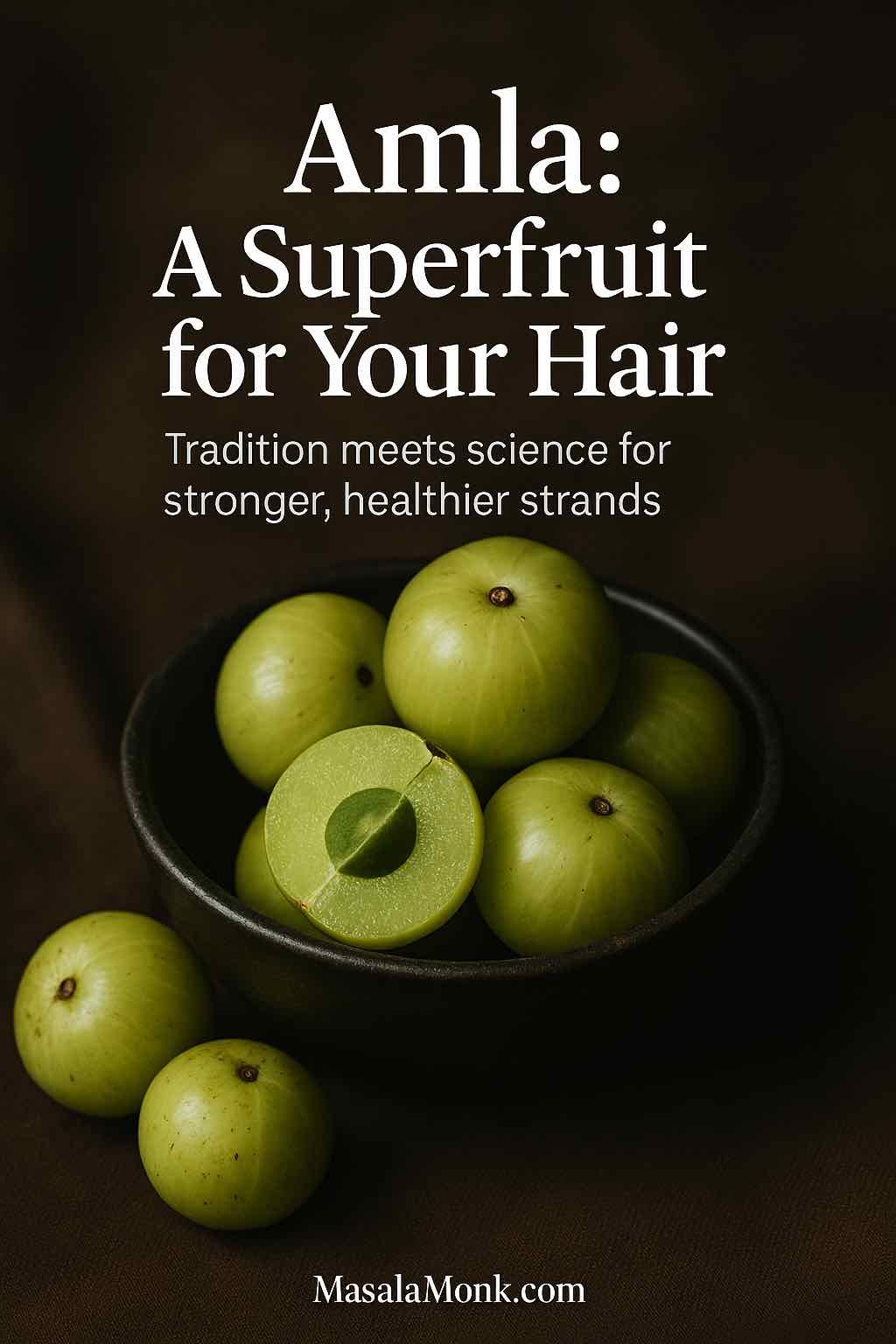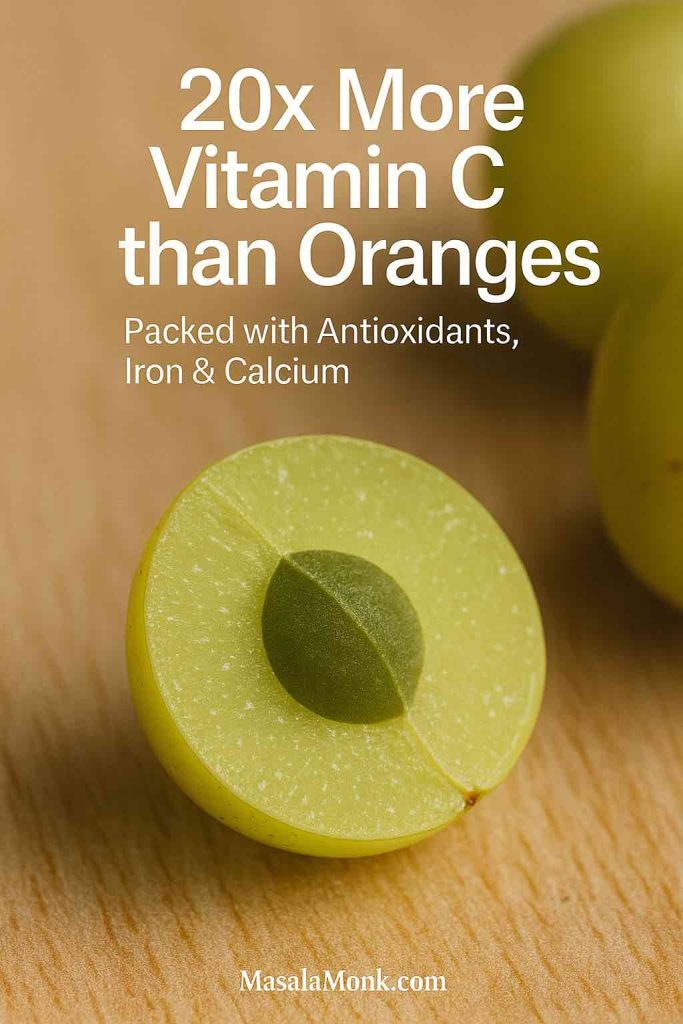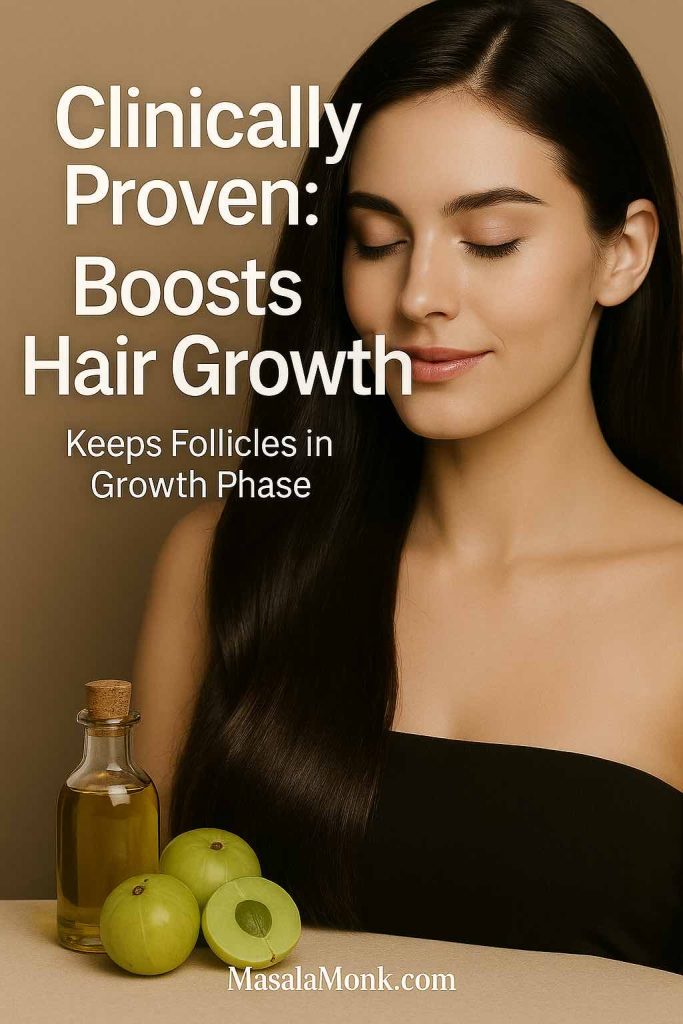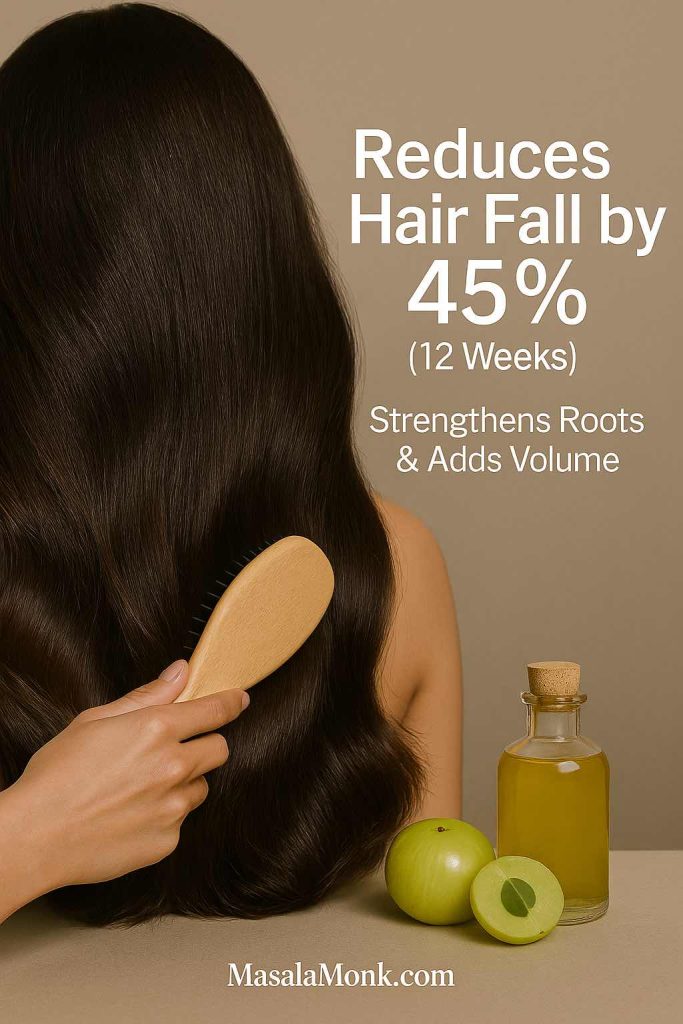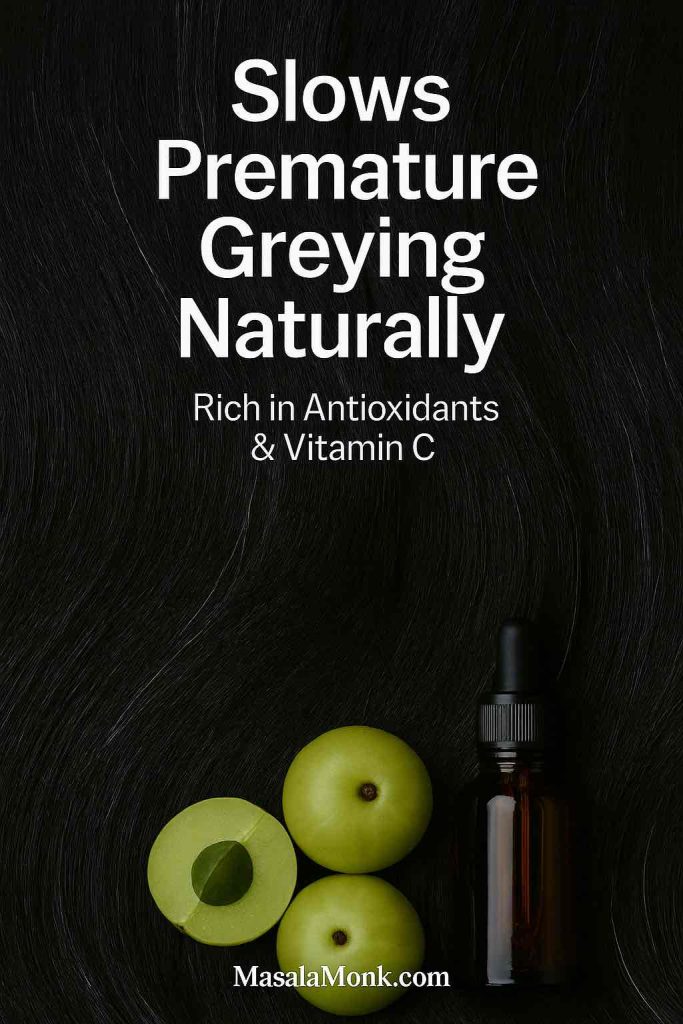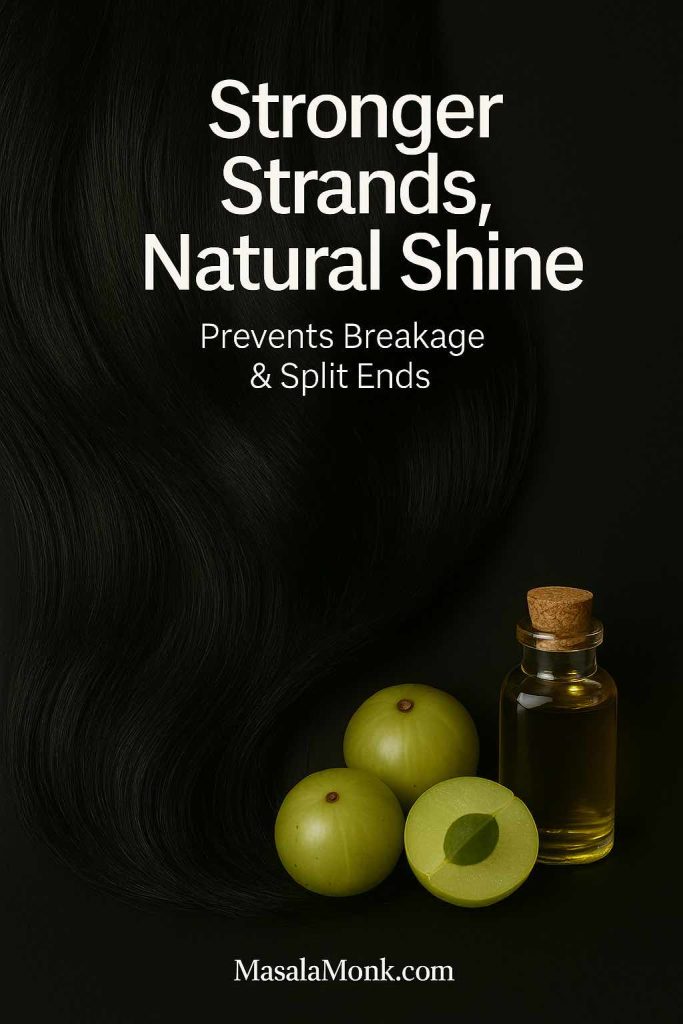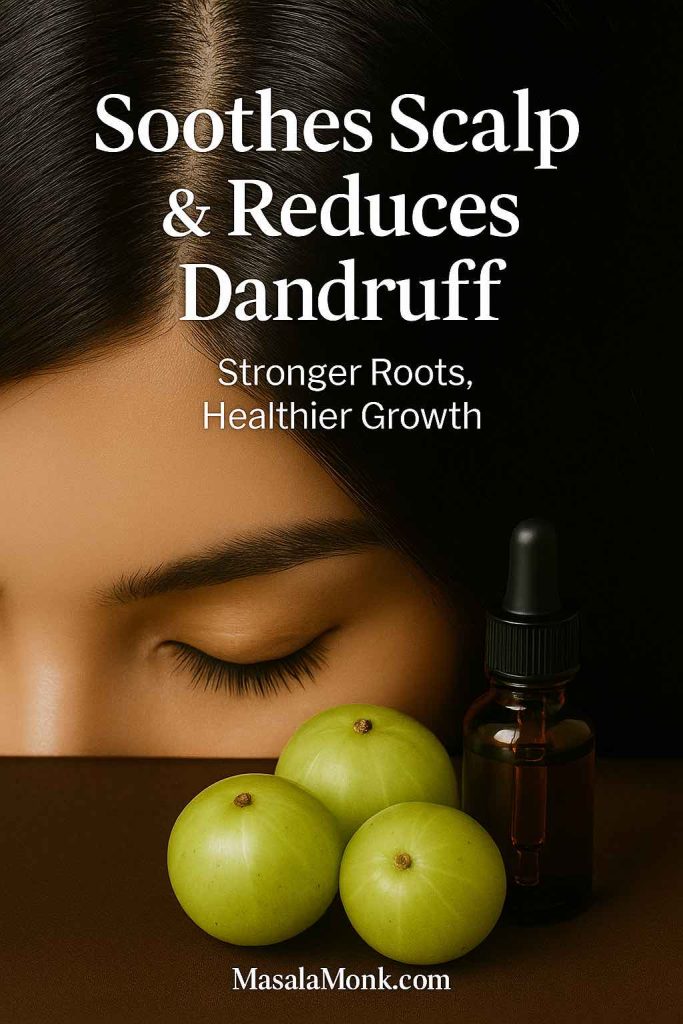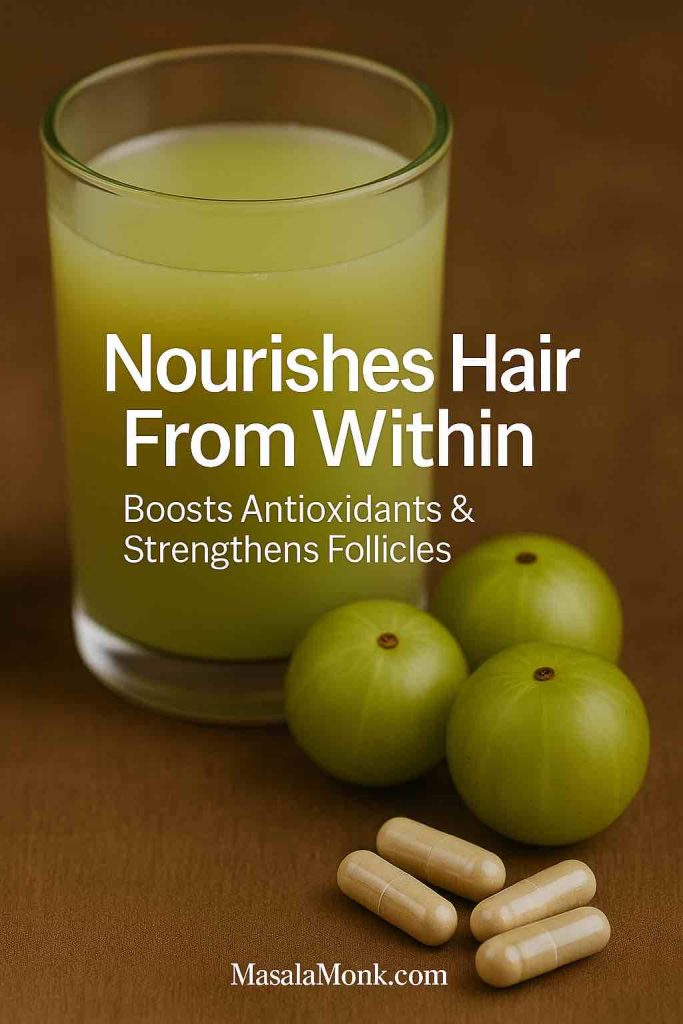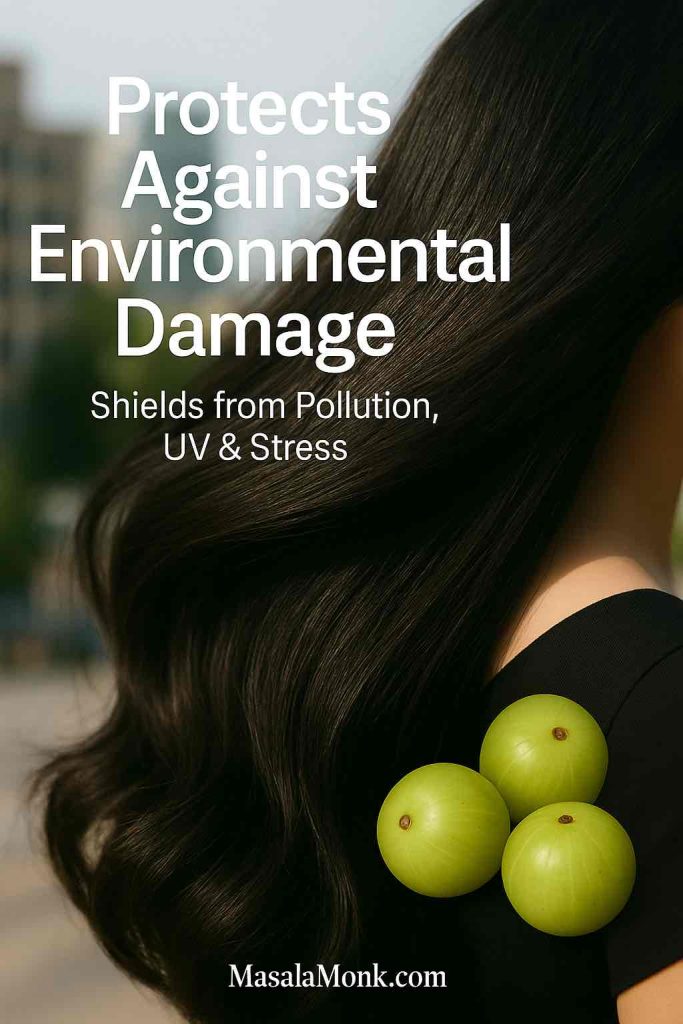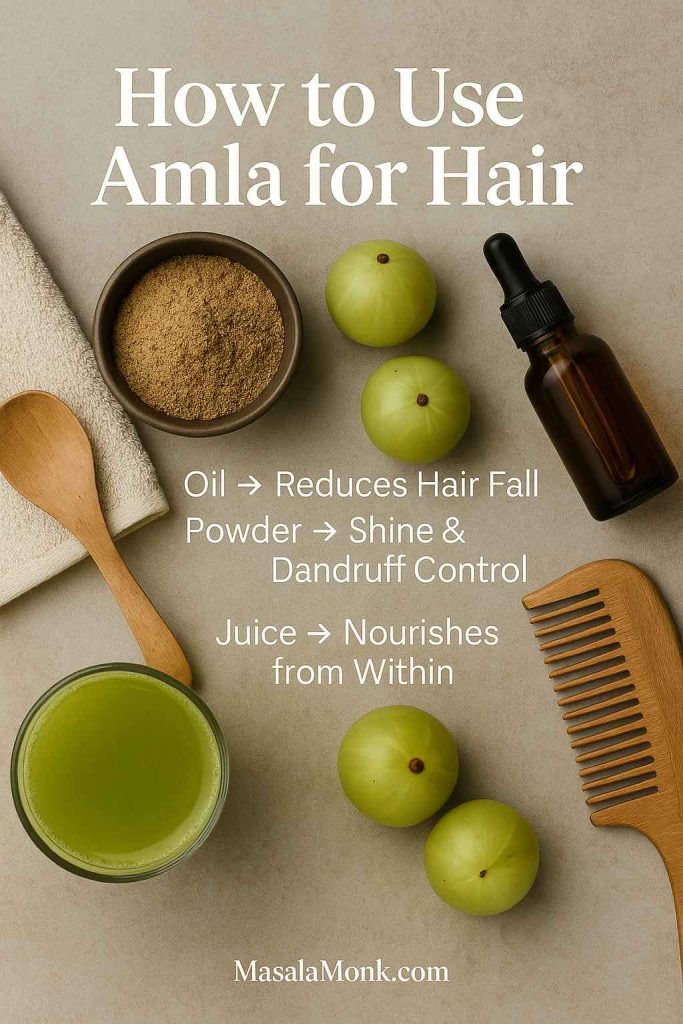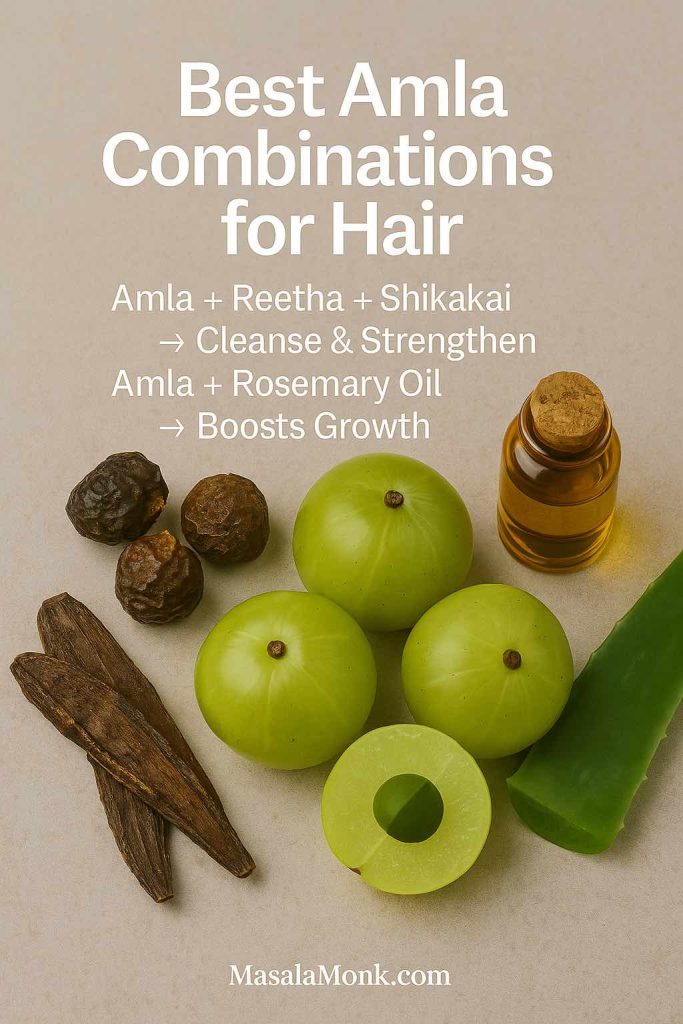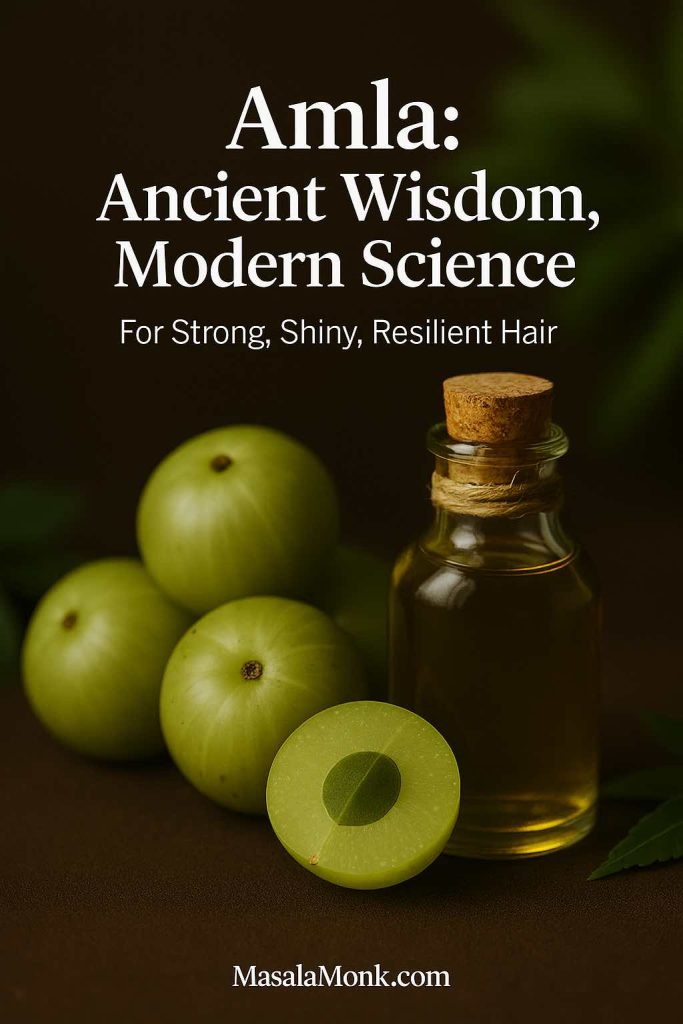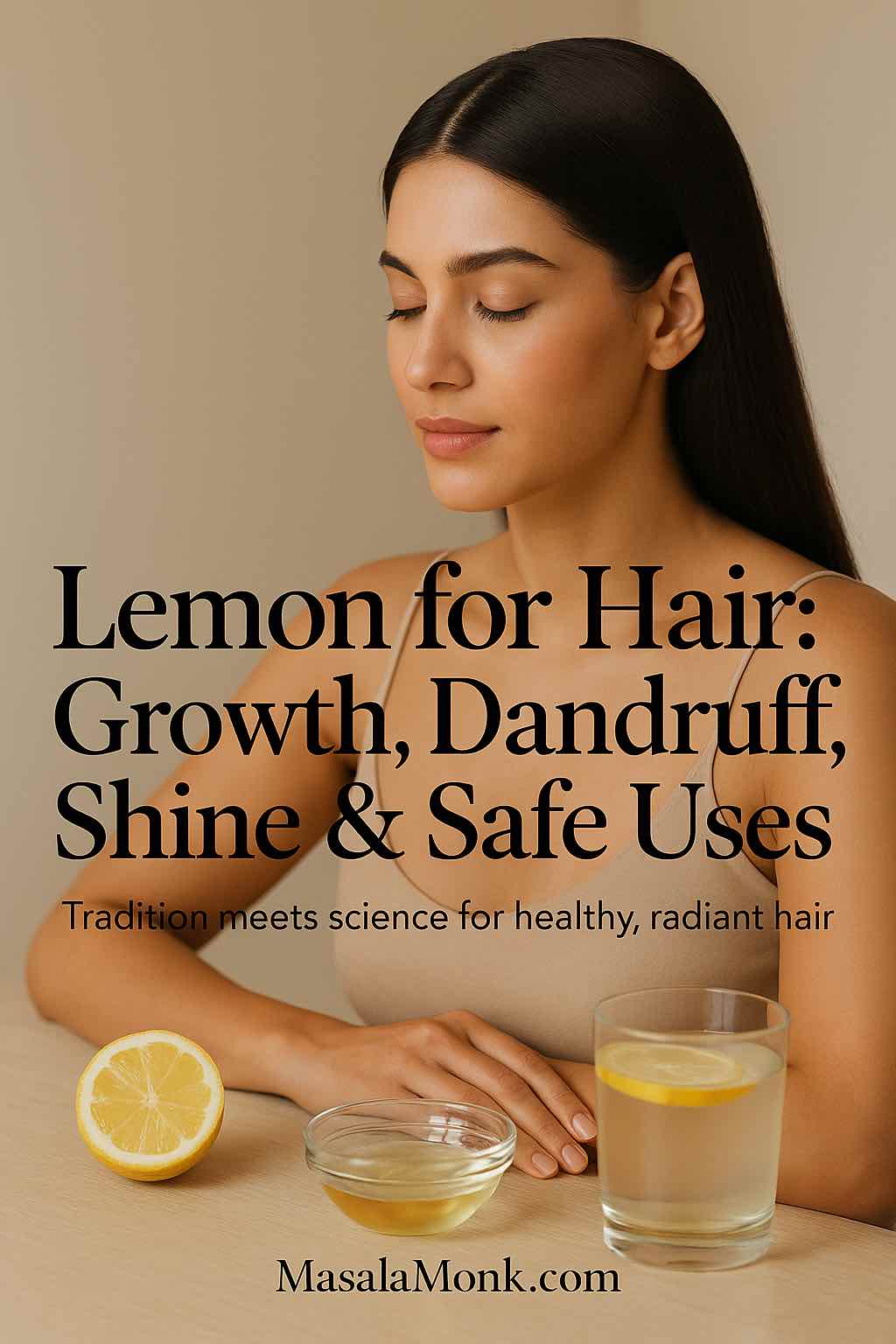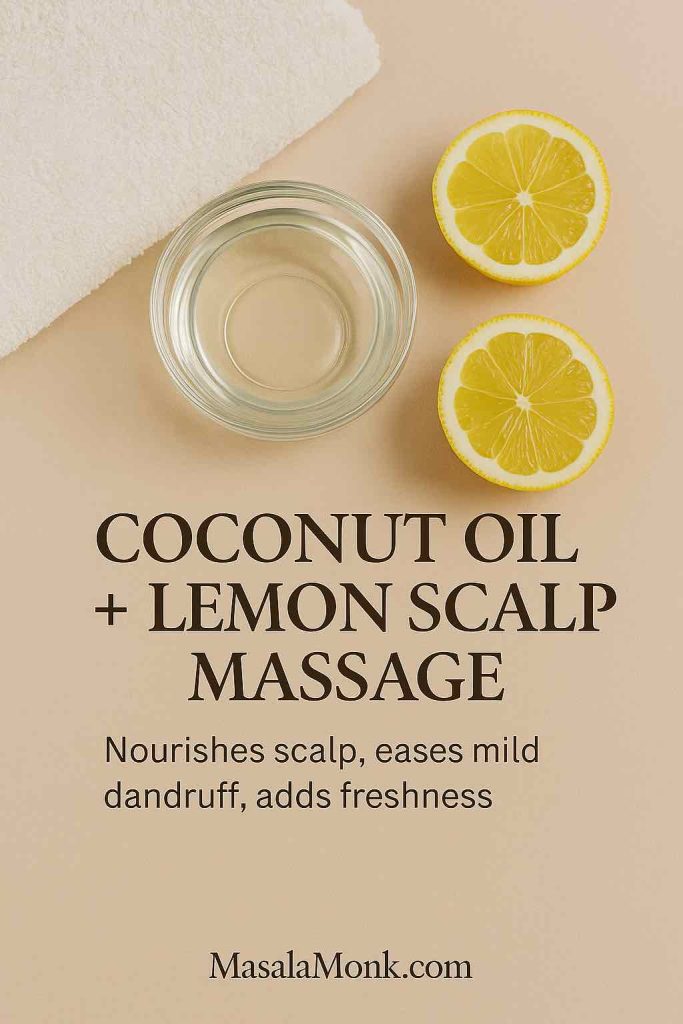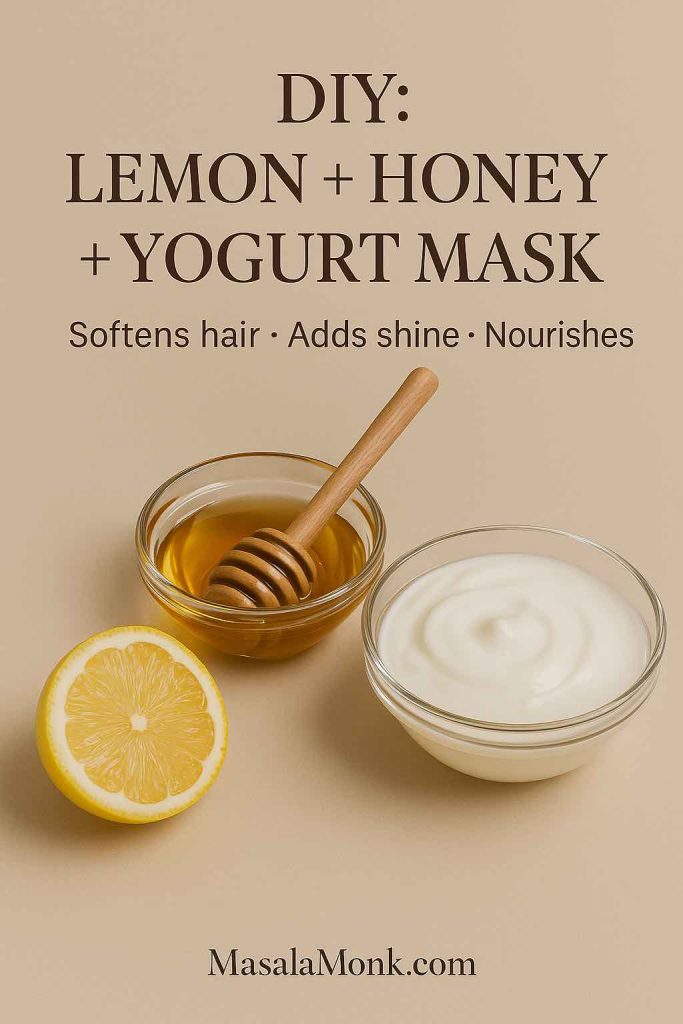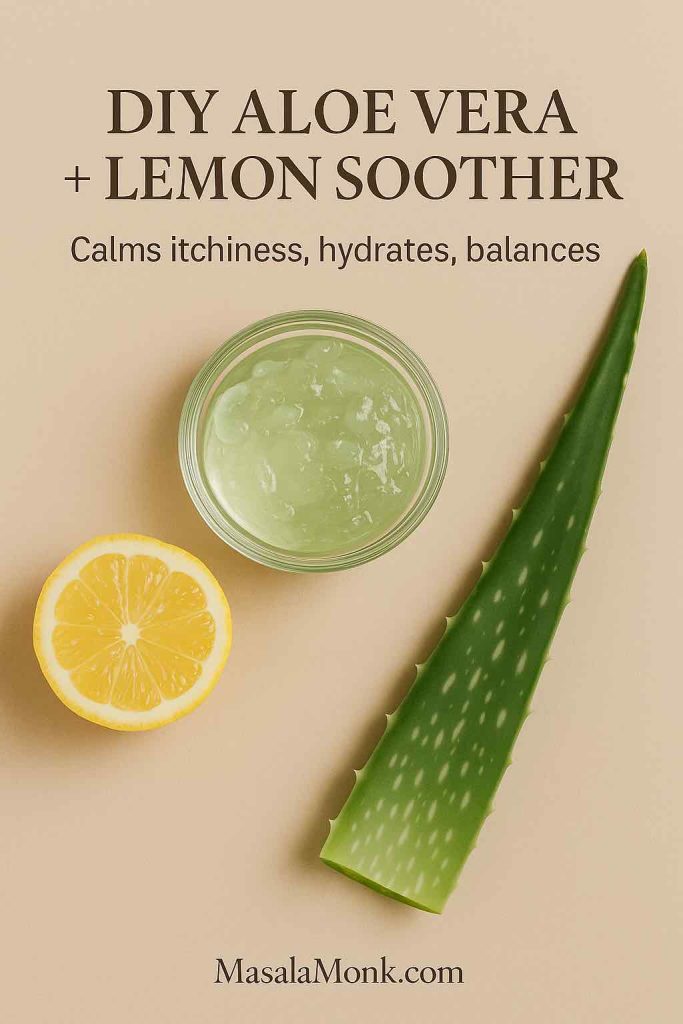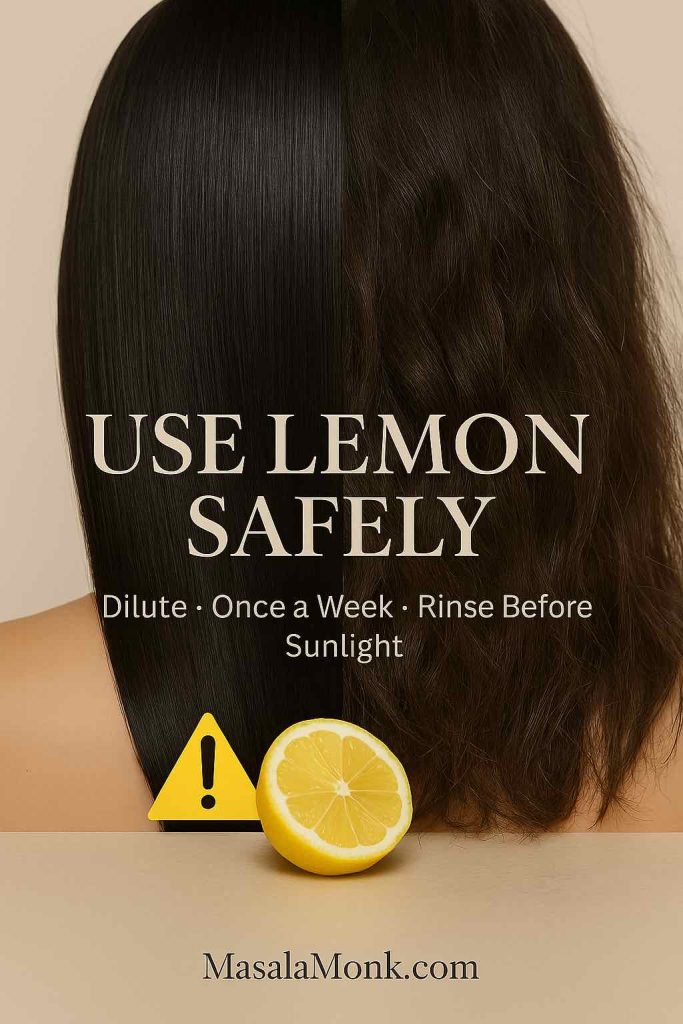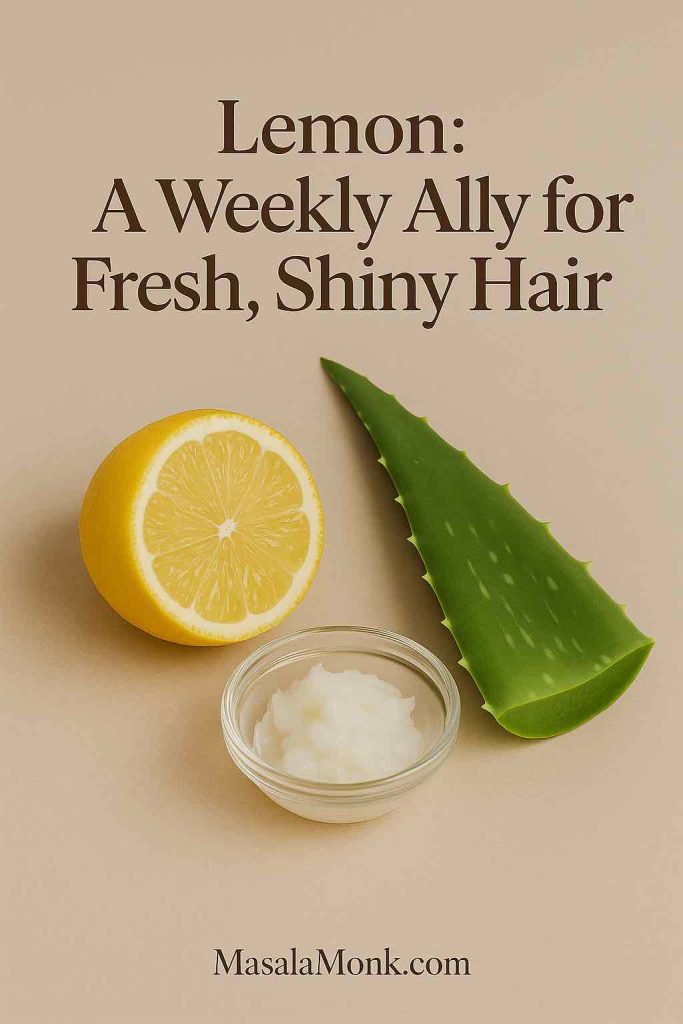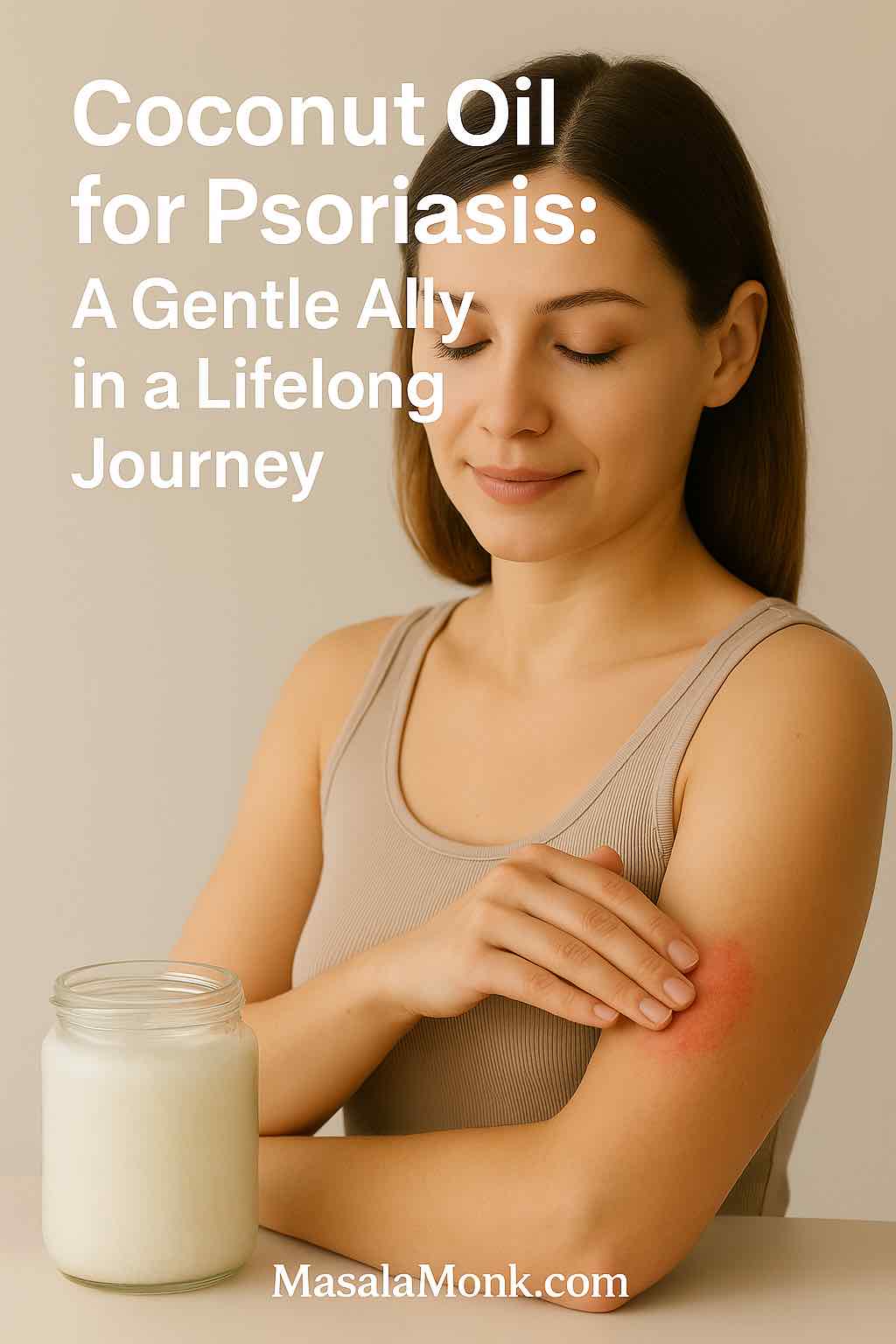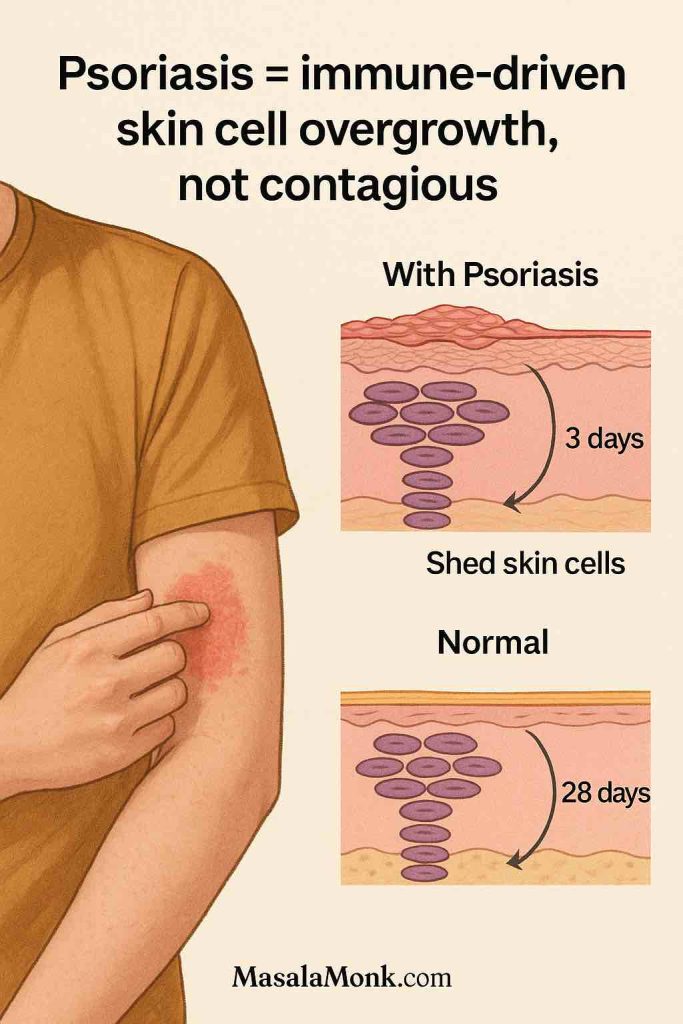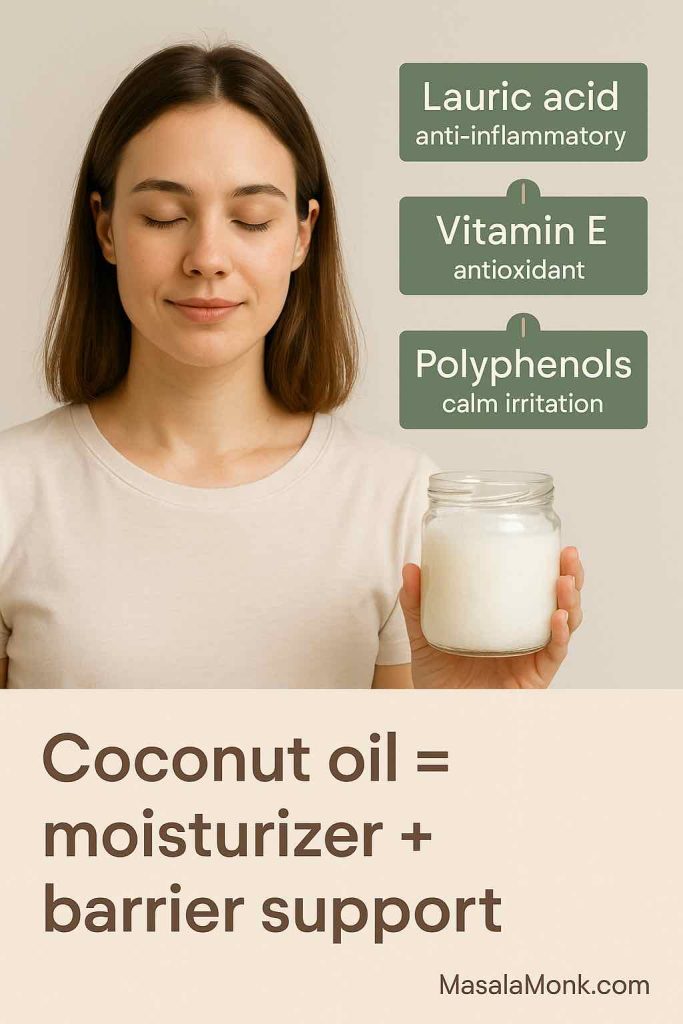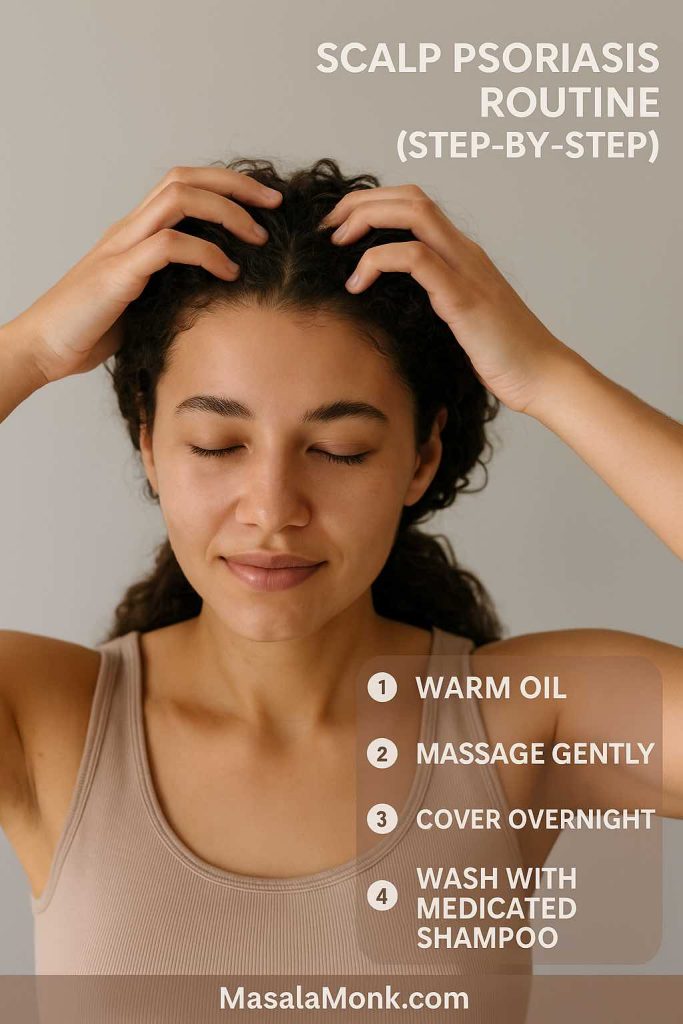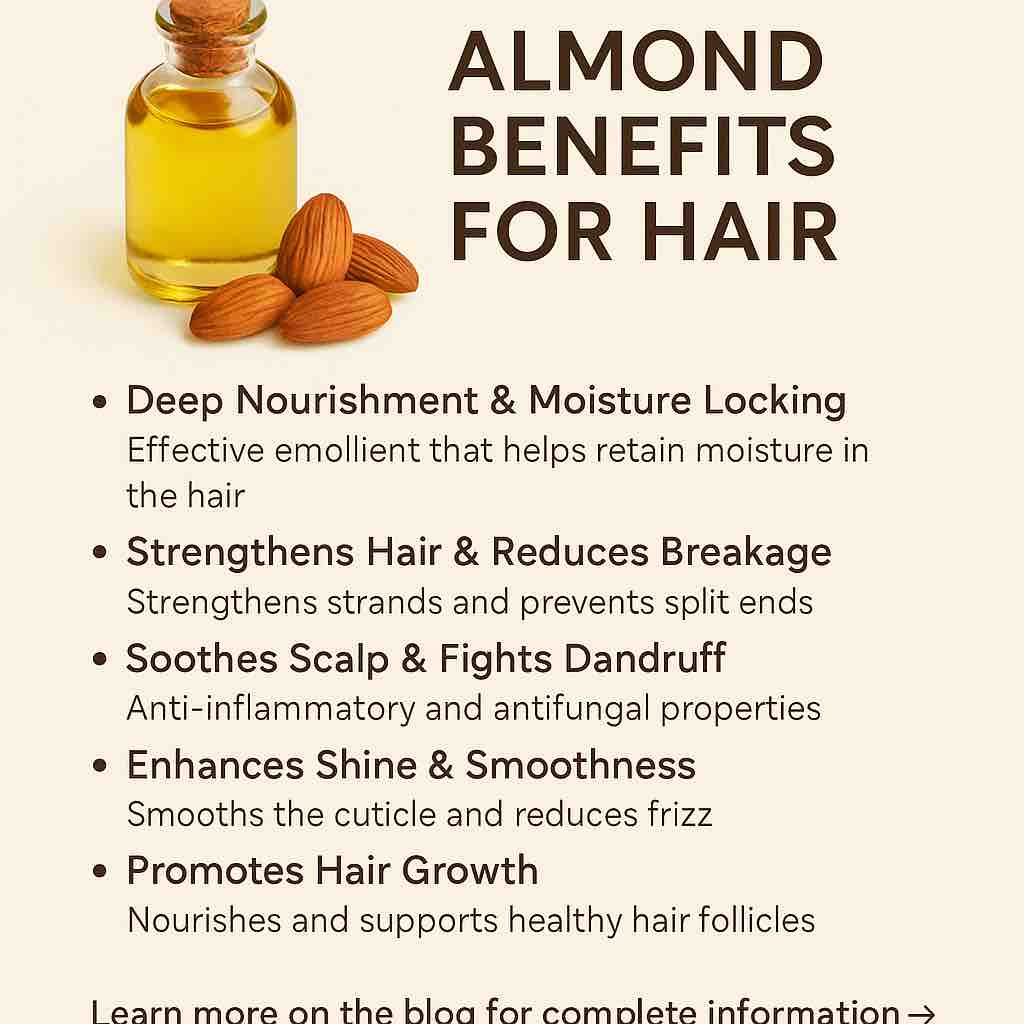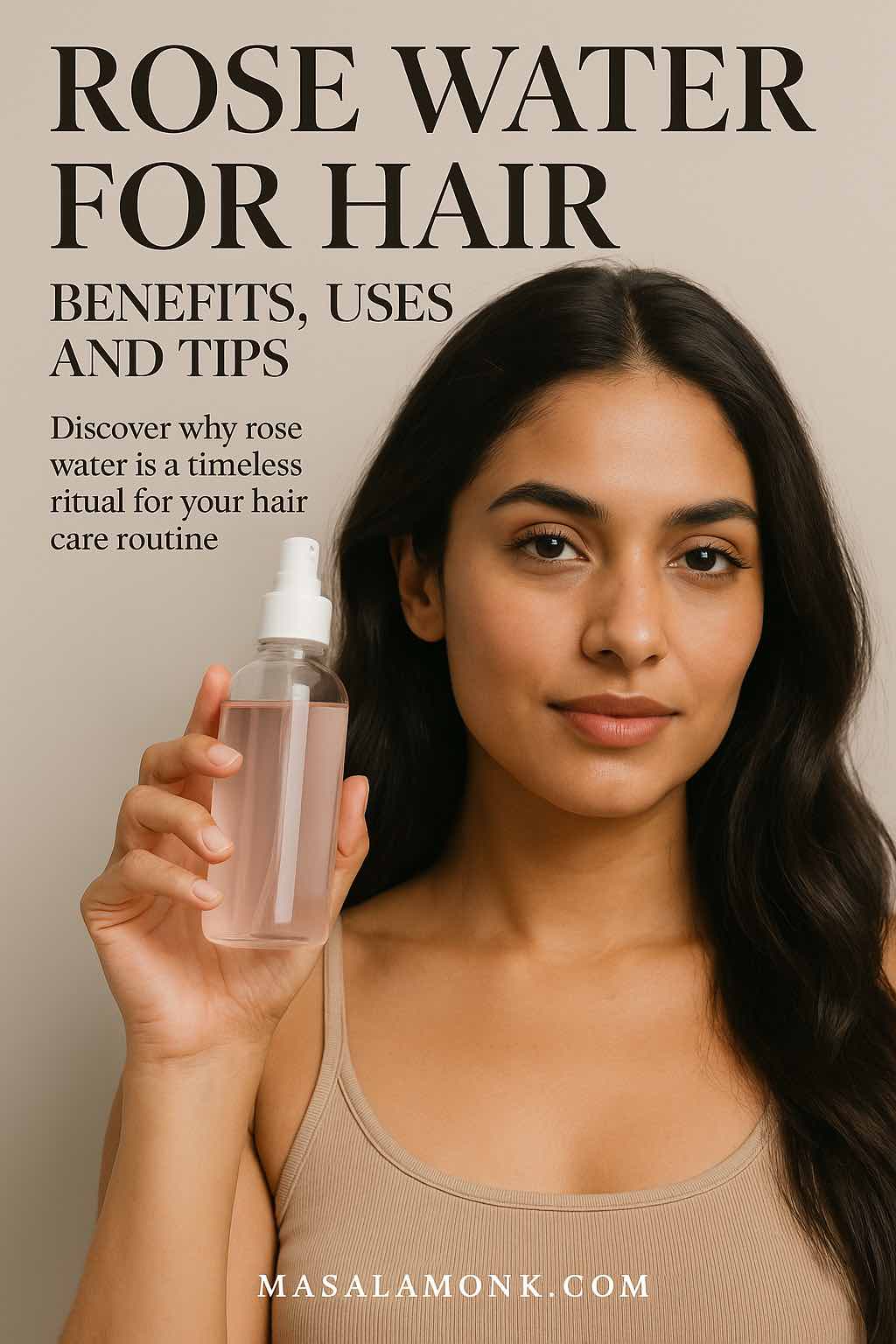
Roses have always been more than just flowers. Across cultures, they have symbolized love, healing, and beauty for centuries. In fact, beyond their decorative value, roses became a foundation of traditional medicine and beauty rituals. But rose water for hair? Lets see what it is all about.
Consider this: distilled into rose water (gulab jal), roses entered kitchens, bathrooms, and even temples. For example, in India, families mixed rose water into sweets, splashed it on the face, and massaged it into the scalp. Meanwhile, in Persia, queens rinsed their hair with rose water for fragrance and shine. And during the Islamic Golden Age, physicians such as Avicenna prescribed it to soothe the head and nerves. Later on, in South Asia, Unani medicine formally listed rose water as Arq-e-Gulab in the Unani Pharmacopoeia of India.
Fast forward to today, and rose water is experiencing a renaissance. Not only does it appear in shampoos, sprays, and conditioners, but it is also celebrated in natural haircare circles. Beauty editors praise it as a gentle multitasker. Dermatologists highlight its scalp-calming and pH-balancing qualities. And on social media, people are spritzing rose water on their braids, mixing it into DIY hair masks, and using it as a rinse after shampooing.
So, does rose water truly benefit hair — or is it merely a beauty myth carried through tradition? The truth lies somewhere in between. On one hand, tradition points to centuries of trusted use; on the other hand, modern science is beginning to confirm that rose water can calm inflammation, protect the scalp, and support an environment where hair thrives.
Therefore, in this guide, we’ll dive deep into rose water’s story — blending history, science, and practical know-how. By the end, you’ll see not only why rose water has endured for centuries, but also how to make it part of your modern routine.
What Exactly Is Rose Water?
To understand why rose water works, it helps to know what it actually is. Put simply, rose water is a hydrosol — the aromatic liquid left behind when rose petals are steam-distilled to extract essential oil.
Here’s how it works: during distillation, steam passes through the petals and carries volatile compounds. As the steam condenses, two products appear — the concentrated rose oil and the lightly fragrant water known as rose water.
Unlike rose oil, which is highly concentrated and expensive, rose water is mild, affordable, and safe to use daily. Moreover, it contains small but significant amounts of beneficial compounds such as flavonoids, phenolic acids, and trace volatile oils.
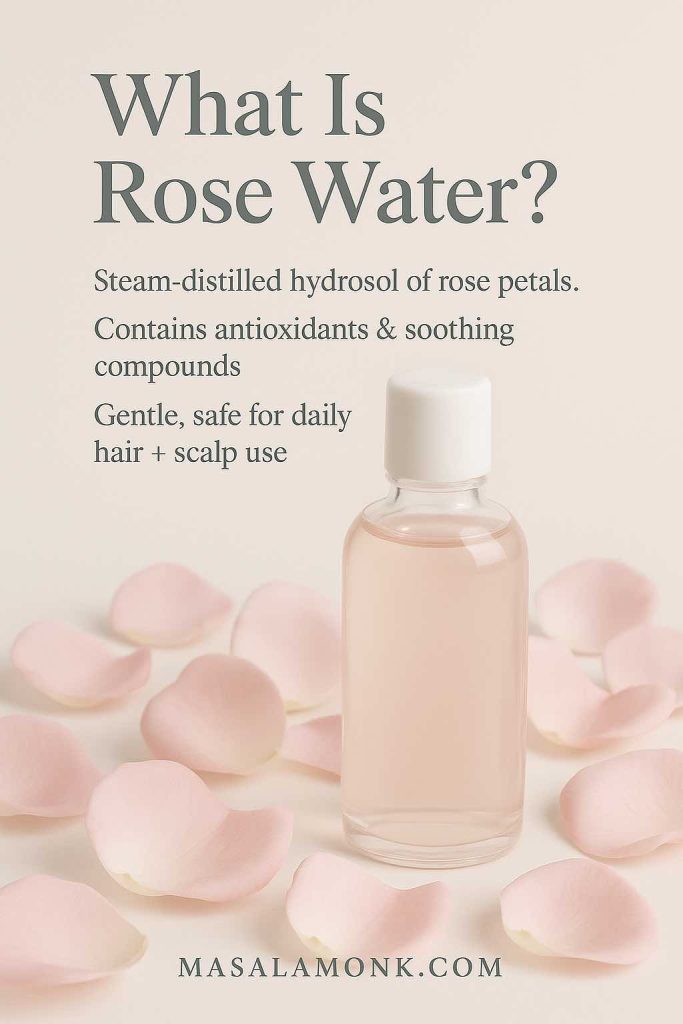
However, not all rose waters are created equal. Many commercial products labeled “rose water” are simply water mixed with synthetic fragrance or alcohol. This is important because fragrance water does not provide the same soothing or antioxidant effects. Even worse, alcohol can actually dry out the scalp and undo the benefits you’re looking for.
So, how do you spot the real thing? A genuine product will list ingredients such as Rosa damascena water, rose distillate, or rose hydrosol. By contrast, if the label lists parfum or fragrance first, it is likely artificial. Ideally, the rose water should also come in a dark glass bottle to protect its delicate compounds from light.
Why does this matter for hair? Because even in small concentrations, rose compounds carry anti-inflammatory and antioxidant properties. A review published in PubMed Central confirmed that extracts from rose petals can neutralize free radicals and reduce cellular stress. Since oxidative stress and irritation are both linked to common scalp issues, rose water becomes more than just a fragrant rinse — it’s a subtle but powerful tool for healthier hair.
The Benefits of Rose Water for Hair
Rose water has survived centuries of use not just because of tradition, but because it actually delivers subtle, multi-layered benefits. In fact, both modern users and traditional practices highlight the same key advantages, which we’ll explore one by one.
🌱 1. May Support Hair Growth
One of the most common questions is: “Does rose water help hair grow?” While the direct scientific evidence in humans is still lacking, animal studies and lab tests suggest that rose extracts may play an indirect role.
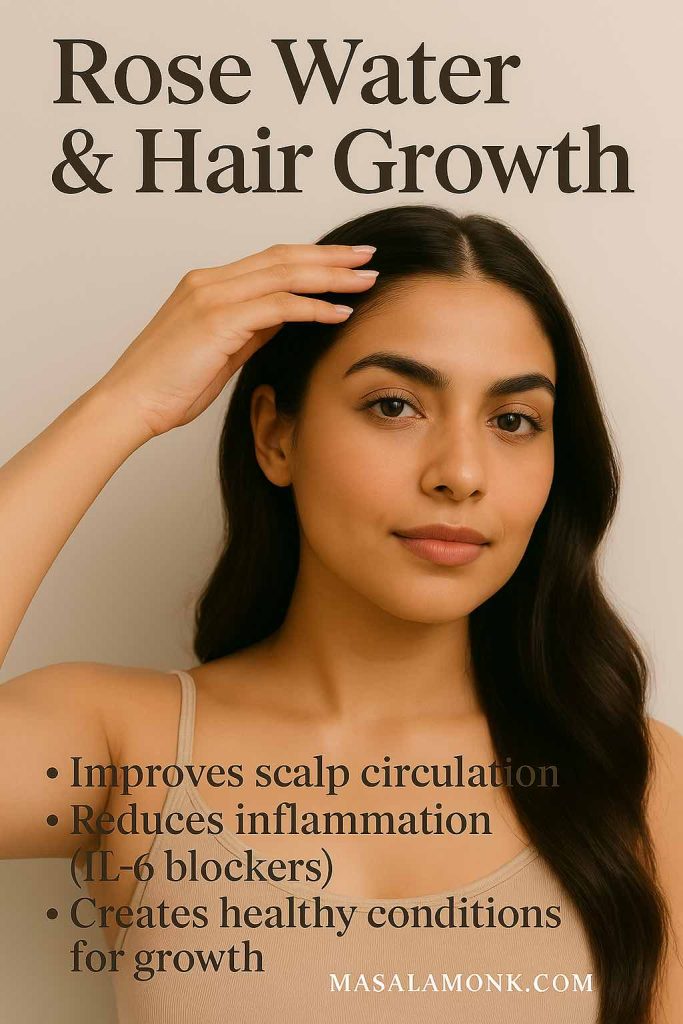
For example, in a 2024 study on Rosa rugosa water extract, mice treated with the extract grew longer, thicker hair. Interestingly, the treatment increased growth factors like VEGF and IGF-1, which improve blood supply to follicles, while also reducing inflammatory markers like IL-6, which normally block growth (PMC).
Similarly, another study applied rosehip seed oil (Rosa canina) to mice. As a result, follicles shifted into the active growth phase (anagen), the skin thickened, and follicle density improved (PMC).
Although these studies did not test rose water hydrosol directly, they suggest that rose compounds can influence biological pathways connected to growth. Therefore, while rose water alone may not cause dramatic regrowth, it may still create a healthier scalp environment where hair can flourish naturally — just as garlic hair growth remedies have been trusted for centuries.
💆 2. Soothes the Scalp and Reduces Irritation
Beyond growth, rose water is well known for its soothing effect. If you struggle with dandruff, itchiness, or excess oil, rose water can bring relief.
In Ayurveda, roses are described as śīta vīrya, meaning cooling in nature. As a result, they are traditionally used to balance excess pitta, the fiery dosha linked to heat and inflammation.
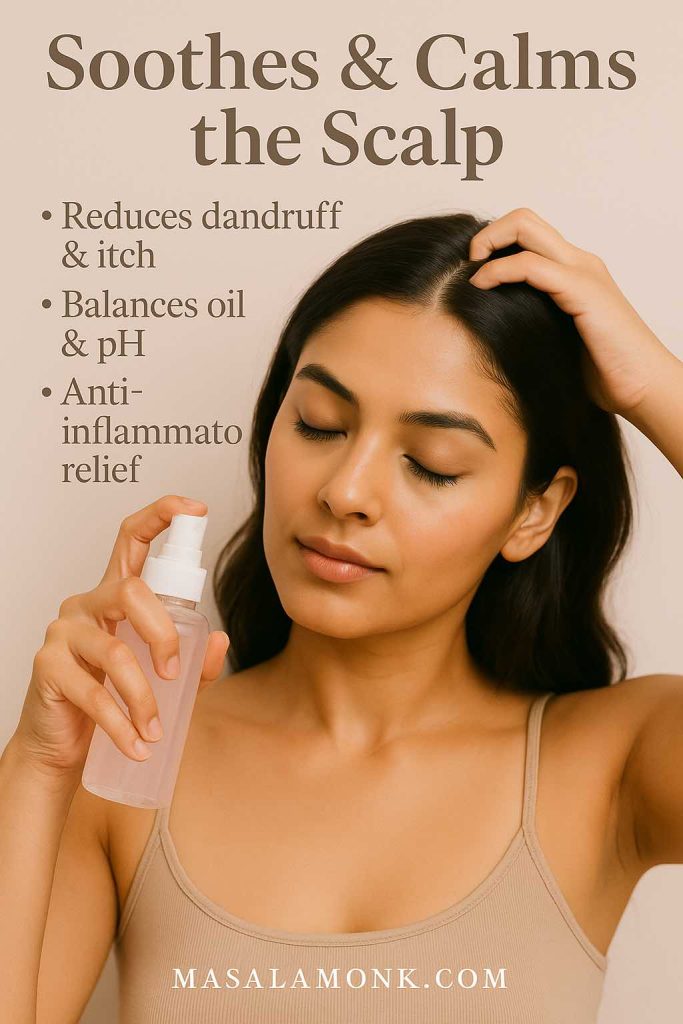
Likewise, in Unani medicine, Arq-e-Gulab was prescribed as a tonic for burning, dryness, and redness. Practitioners valued it as a way to calm both skin and scalp.
Modern science echoes this wisdom. Rose petals contain natural anti-inflammatory and antioxidant compounds review in Molecules. Consequently, regular use — whether as a rinse, mist, or mask — can help reduce irritation and restore scalp balance without the harshness of medicated shampoos. Some even pair it with ACV for dandruff and scalp for enhanced relief.
✨ 3. Adds Shine and Softness
In addition to calming the scalp, rose water can enhance the look and feel of your strands. Because it acts as a light humectant, it helps draw moisture into the hair and smooth the cuticle.

When used as a final rinse, rose water can reduce frizz and leave hair with a subtle, healthy sheen. Unlike heavy oils or silicone-based conditioners, it doesn’t weigh hair down. Instead, it offers softness and a gentle fragrance, making it a natural choice for those who prefer lightweight care.
🛡️ 4. Helps Reduce Hair Fall
Hair fall is often linked to scalp inflammation or oxidative stress. When follicles become irritated, they release molecules like DKK-1 and IL-6, which push hair into shedding mode (Trüeb, PMC).
By providing mild antioxidant and anti-inflammatory protection, rose water may help buffer against these triggers. In other words, while it won’t cure underlying conditions, it may reduce everyday shedding by keeping the scalp calmer and healthier.
🌸 5. Uplifts Mood and Reduces Stress
Finally, hair health isn’t only about biology — it’s also deeply connected to emotional well-being. Stress can push hair into a shedding phase (telogen effluvium), and here rose water offers an unexpected benefit.
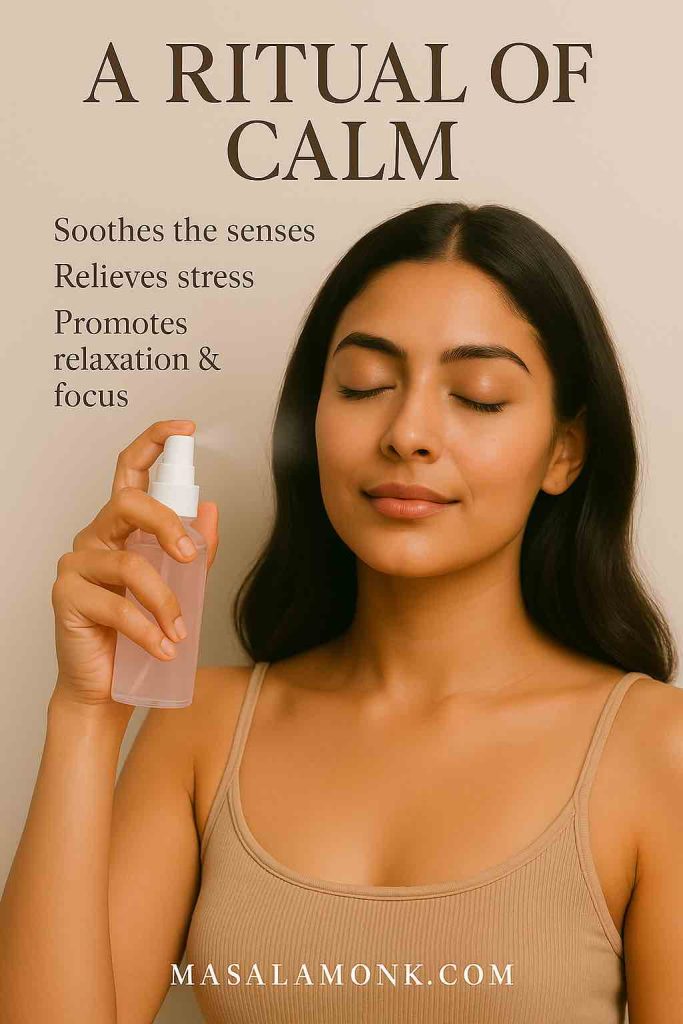
The aroma of roses has a calming effect on the nervous system. For instance, Persian medicine long described rose water as a remedy for headaches and anxiety. Modern studies confirm this, with a review in NCBI showing that rose aroma reduces stress and promotes relaxation.
Therefore, when you spritz rose water onto your scalp, you’re not only refreshing your hair. You’re also creating a micro-ritual of calm that can help counteract stress — indirectly supporting healthier hair growth.
Also Read: Fish Oil and Cortisol: Can Omega-3 Help You Manage Stress Hormones?
Rose Water and Hair Growth: What Science Really Says
When you search online for “rose water for hair growth,” you’ll find plenty of bold promises. Some sources claim it makes hair grow faster, while others insist it reverses thinning. However, the reality is more nuanced. The evidence we currently have is early and mostly indirect. Nevertheless, what we do know — from lab work, animal studies, and traditional practices — is both intriguing and worth exploring.
📈 What Studies Show
So far, the strongest evidence comes from animal studies, not human trials.
- For example, in a 2024 study on Rosa rugosa water extract, mice treated with the extract grew thicker, longer hair. More importantly, researchers found that it increased growth factors like VEGF, IGF-1, and EGF — all essential for nourishing active follicles. At the same time, it lowered IL-6 and DKK-1, two molecules that usually block growth (PMC).
- Similarly, another experiment used rosehip seed oil (Rosa canina) on mice. As a result, follicles shifted from the resting to the growth phase, bulb size increased, and density improved (PMC).
Admittedly, neither of these studies tested plain rose water hydrosol — the kind most of us keep in our beauty cabinets. Even so, both highlight the same mechanisms: rose compounds reduce inflammation, boost circulation, and protect follicle cells. Therefore, it’s reasonable to suggest that rose water might contribute to healthier conditions for growth, even if it doesn’t directly trigger new hair.
⚙️ How It Might Work
To understand rose water’s potential, think of it as creating a friendlier environment for your follicles.
- First, better circulation: VEGF stimulates new blood vessels, which means more oxygen and nutrients reach the roots.
- Second, less inflammation: Lower IL-6 levels reduce the “stop signals” that normally push follicles into rest.
- Third, antioxidant protection: By neutralizing free radicals, rose compounds slow down the oxidative stress that accelerates follicle aging.
- Finally, indirect stress relief: Because rose aroma lowers cortisol, it may reduce stress-related shedding.
In short, rose water does not force hair to grow, but it can support the ecosystem where growth naturally happens.
🚫 What We Don’t Know
On the other hand, it’s important to acknowledge the gaps. So far, no clinical trial on humans has directly tested rose water for hair growth. The current data is limited to test tubes and animal models.
Therefore, while rose water is a safe and pleasant addition to your routine, it should not replace dermatologist-approved treatments such as minoxidil or prescription therapies if you’re dealing with serious hair loss. At best, think of it as a complementary tool rather than a standalone solution.
🌿 A Balanced View
Tradition praises rose water as a scalp tonic. Science shows rose extracts can influence the biological pathways connected to growth. Taken together, the balanced view is this: rose water is safe, refreshing, and may help — but only as part of a bigger haircare routine.
So, if you’re curious, try it as a rinse, scalp spray, or mask base. Even if you don’t see dramatic regrowth, you’ll likely enjoy calmer scalp health, shinier strands, and a more relaxed mind — which, in the long run, all support stronger hair.
Traditional Wisdom: Rose Water in Ayurveda, Unani, and Persian Medicine
Long before modern dermatologists studied growth factors, roses were already woven into medical and beauty traditions. Across India, Persia, and the Arab world, rose water was praised for being cooling, beautifying, and balancing. In other words, it wasn’t just seen as fragrance — it was recognized as therapy.
🌿 Ayurveda: Cooling and Pitta-Pacifying
In Ayurveda, roses (Shatapatri or Taruni) are considered śīta vīrya — which means cooling in potency. Because of this, they were thought to balance excess pitta dosha, the fiery energy tied to heat, redness, and irritation.
Ancient Ayurvedic texts often recommended rose water to ease burning sensations, reduce scalp heat, and refresh the senses. For example, it was mixed into herbal pastes, poured over the scalp after oiling, or used as a cooling rinse during hot summers.
As a result, the Ayurvedic perspective aligns perfectly with how many modern users describe their experience: rose water feels cooling, calming, and soothing to both scalp and spirit — just like amla for hair, another Ayurvedic classic.
🧪 Unani Medicine: Arq-e-Gulab
Meanwhile, in Unani medicine, rose water is formally recognized as Arq-e-Gulab. It is listed in the Unani Pharmacopoeia of India, where it is described as a remedy for inflammation, burning, and dryness.
Physicians in the Unani tradition prescribed rose water externally for skin and scalp conditions, while sometimes also using it internally in small doses to cool the body. Applied to the head, it was believed to refresh the scalp and strengthen hair roots by preventing irritation.
Even today, Arq-e-Gulab is widely sold in traditional pharmacies across South Asia. This continuity demonstrates not only cultural attachment but also confidence in its long-standing efficacy.
🌸 Persian and Islamic Medicine: Perfume and Calm
Persian medicine played a pivotal role in spreading rose water’s reputation. For instance, the renowned physician Avicenna (Ibn Sina), in his Canon of Medicine, described rose water as beneficial for the head and nerves. He recommended it for easing headaches, calming stress, and beautifying hair.
Beyond medicine, Persian cultural records show women perfumed their hair with rose water, both as a beauty ritual and as a protective rinse. Thus, rose water carried a dual role — as a healing tonic and as a fragrance of elegance.
🌺 A Shared Tradition
When viewed together, these traditions highlight a consistent theme: rose water was never claimed to be a miracle cure for baldness. Instead, it was celebrated as a scalp soother and beauty enhancer.
By keeping the head cool, balanced, and fragrant, it provided the foundation for healthy hair. That message — subtle but powerful — still resonates today. Whether you call it gulab jal, Arq-e-Gulab, or rose hydrosol, it remains a simple, elegant way to refresh both scalp and hair.
How to Use Rose Water for Hair
The real beauty of rose water lies in its versatility. Unlike oils or heavy conditioners, it is lightweight, non-greasy, and blends easily with other ingredients. As a result, you can use it in multiple ways: as a rinse, spray, leave-in, or even as a mask base.
Below are several tried-and-true methods — moving from the simplest daily uses to more indulgent DIY recipes.
🚿 1. Rose Water Hair Rinse (Shine + Scalp Refresh)
A rinse is one of the oldest and simplest ways to use rose water. Not only does it leave hair soft and lightly fragrant, but it also makes strands more manageable.
You’ll need:
- 1 cup pure rose water (steam-distilled hydrosol)
- 2 cups plain water
- A jug or squeeze bottle
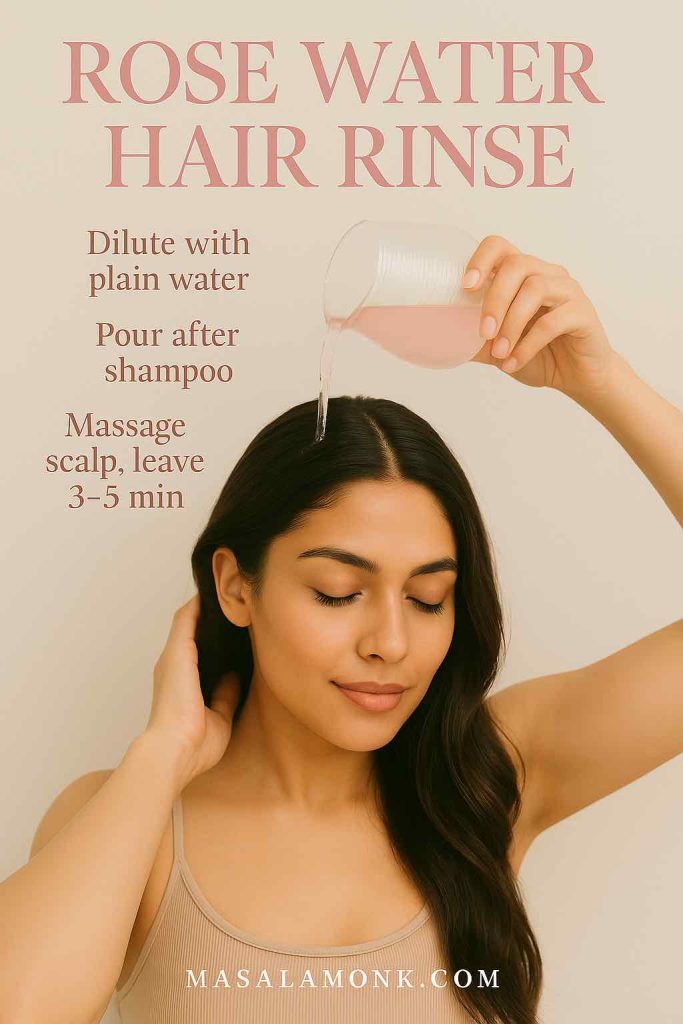
Steps:
- First, wash your hair with a mild shampoo.
- Next, dilute rose water with plain water in a jug.
- Then, pour the mixture slowly over your scalp and through the lengths of your hair.
- After that, massage gently into the scalp for 1–2 minutes.
- Finally, leave on for 3–5 minutes before rinsing lightly — or leave as-is for a stronger fragrance.
Pro Tips:
- Moreover, for extra shine, you can add 1 teaspoon of apple cider vinegar — or even explore DIY ACV hair rinses for scalp balance.
- In addition, if you have oily hair, use once a week; if your hair is dry, use after every wash.
- Above all, keep rose water chilled in summer — the cool rinse doubles as a scalp soother.
🌸 2. Rose Water Scalp Spray (Between Washes)
If your scalp feels itchy, oily, or tired between wash days, a rose water spray works like a natural refresh button. It’s portable, quick, and instantly soothing.
You’ll need:
- ½ cup rose water
- Spray bottle
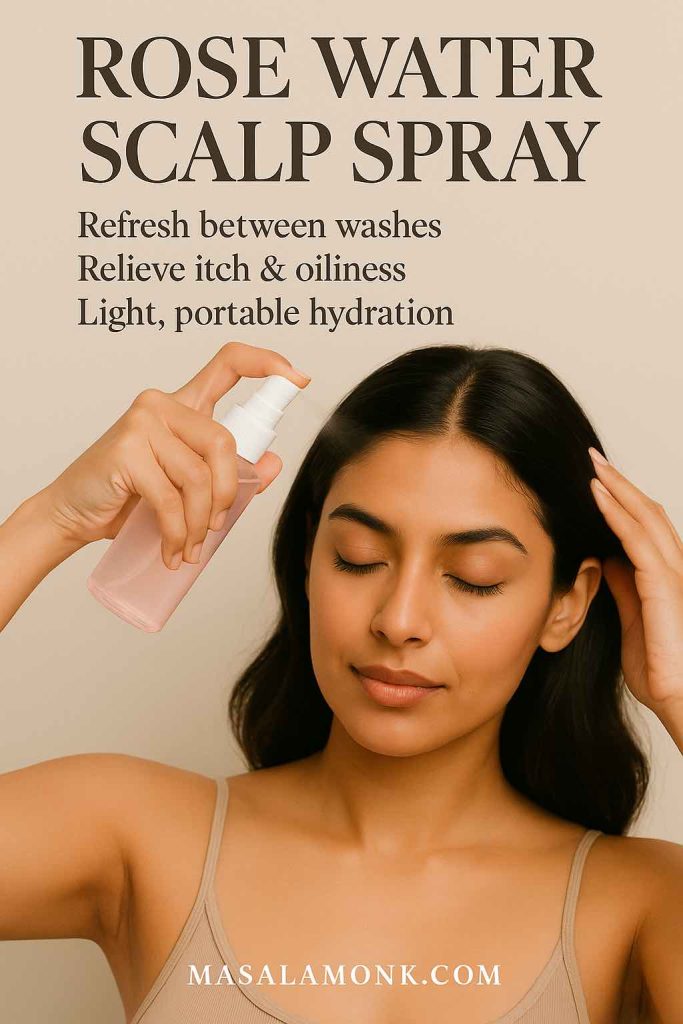
Steps:
- To begin, fill the bottle with pure rose water.
- Then, section your hair and mist directly onto your scalp.
- Afterward, massage gently with your fingertips.
- Finally, spritz lightly over lengths if you want added fragrance.
Pro Tips:
- For example, add 2–3 drops of tea tree oil if you’re prone to dandruff (shake well before each use).
- Likewise, keep a mini spray bottle in your bag — perfect for post-gym or hot weather refreshment.
- Furthermore, curly or wavy hair types can use rose water spray as a curl reactivator between wash days.
🧴 3. Rose Water Leave-In Conditioner
Rose water also makes an excellent base for a lightweight leave-in, particularly if your hair is dry or frizz-prone. Unlike many store-bought leave-ins, this DIY version is fresh, natural, and customizable.
DIY Recipe:
- ½ cup rose water
- 1 teaspoon aloe vera gel
- 5 drops argan oil or jojoba oil
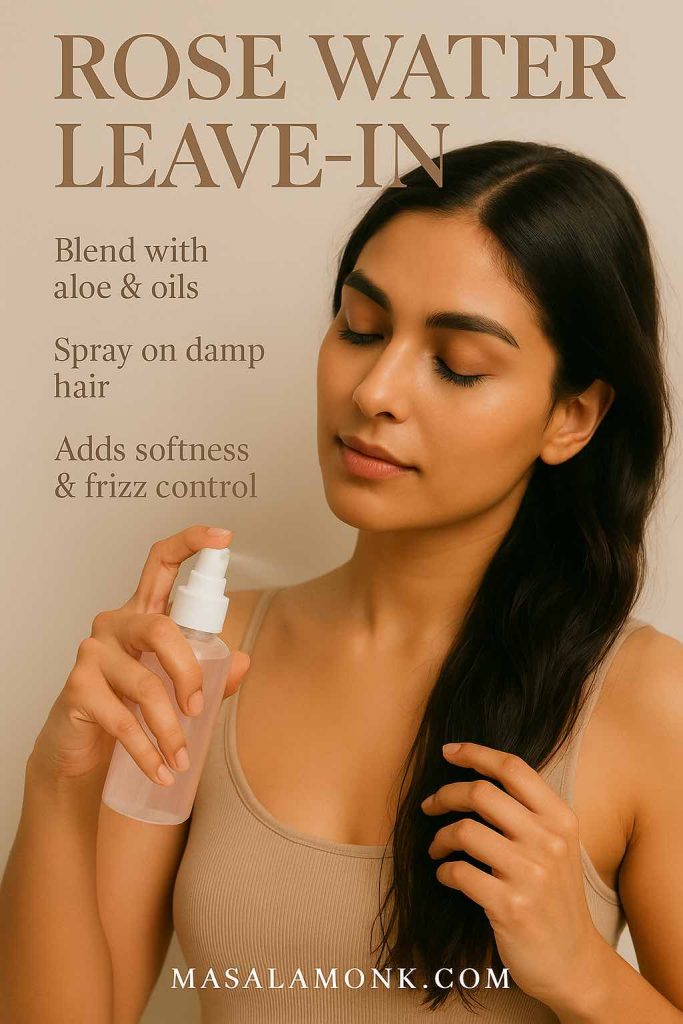
Steps:
- First, mix ingredients in a spray bottle.
- Next, shake well to blend.
- Finally, spray lightly on damp hair after washing, focusing on mid-lengths and ends.
Pro Tips:
- In addition, use a wide-tooth comb afterward to distribute evenly.
- On the other hand, if your hair is fine, skip the oil — rose water plus aloe alone makes a light mist.
- As always, store in the fridge and use within 7–10 days for freshness.
🧖 4. Rose Water in Hair Masks
Rose water also works beautifully as the liquid base for DIY masks. This not only adds hydration but also enhances the calming, refreshing feel of the mask.
Hydrating Aloe + Rose Mask
- 3 tablespoons rose water
- 2 tablespoons fresh aloe vera gel
- 1 tablespoon honey
How to use: Apply to scalp and lengths, leave for 20 minutes, and rinse with lukewarm water. As a result, hair feels deeply hydrated and itchiness reduced.
Strengthening Rice Water + Rose Rinse
- ½ cup fermented rice water
- ½ cup rose water
How to use: After shampooing, pour over scalp and hair. Leave for 5 minutes, then rinse lightly. Consequently, your hair gets both strength from rice amino acids and shine from rose water.
Pro Tips:
- Above all, always mix fresh — masks with rose water spoil quickly.
- Moreover, use masks weekly for best results.
- Finally, add a few drops of lavender essential oil for extra scalp-soothing power.
- You can also add a few drops of lemon juice, since lemon for hair growth and shine is another traditional favorite.
💆 5. Rose Water + Oils (Two-Phase Tonic)
Because oils and water don’t naturally mix, you can create a two-phase tonic by shaking them together. This way, you get both the hydration of rose water and the nourishment of oil.
DIY Recipe:
- ¾ cup rose water
- 1 teaspoon jojoba oil (for lightweight hydration)
- Optional: 2 drops rosemary essential oil (for scalp stimulation)
Steps:
- To start, combine everything in a spray bottle.
- Then, shake before every use.
- Finally, spray onto scalp and ends as needed.
Pro Tips:
- For fine hair, use sparingly to avoid weighing it down.
- Conversely, curly, coily, or dry hair types will love this for added hydration and sealing.
Also read: Coconut Oil for Hair: Frequently Asked Questions.
🛍️ 6. Rose Water in Commercial Products
If DIY isn’t your thing, don’t worry. Fortunately, many shampoos, conditioners, and sprays now feature rose water for its soothing and hydrating qualities.
Examples include:
- Rose water shampoos (Pantene, Aveeno, Christophe Robin)
- Rose water leave-in sprays (TGIN, Camille Rose, Locsanity for locs)
- Hydrating masks that blend rose water with oils or butters
When buying, check labels carefully. Ideally, “Rosa damascena water” or “rose hydrosol” should appear near the top. By contrast, avoid products where rose is added only as a fragrance.
Side Effects & Safety: Is Rose Water Safe for Hair?
One of the main reasons rose water has endured for centuries is its reputation for safety. Unlike concentrated essential oils or chemical-based products, it is mild, gentle, and usually well tolerated. However, “natural” does not always mean risk-free, which is why a few precautions are important.
✅ Patch Test Before Use
Even though allergic reactions are rare, sensitivity is always possible. Therefore, it’s wise to patch test before using rose water on your scalp.
How to test:
- First, apply a few drops of rose water behind your ear or on your inner arm.
- Next, wait 24 hours.
- Finally, if there is no redness, itching, or rash, you can safely use it on your scalp.
🚫 Beware of Additives
Not all rose waters on the market are authentic. In fact, many bottles sold as “rose water” are simply water mixed with synthetic fragrance or alcohol.
This matters because fragrance water does not provide the same soothing or antioxidant effects. Moreover, alcohol can dry out the scalp and strip natural oils, undoing the very benefits you’re looking for.
How to spot the real thing:
- Genuine rose water will list “Rosa damascena water,” “Rosa rugosa hydrosol,” or “rose distillate” as the main ingredient.
- By contrast, if the label lists parfum or fragrance first, it’s likely artificial.
- In addition, avoid rose waters with added coloring or unnecessary preservatives.
🏡 Homemade Rose Water Risks
DIY rose water can be fun and inexpensive. However, it also spoils quickly because it lacks preservatives. Without refrigeration, bacteria and mold may develop within just a few days.
Therefore, if you make your own:
- Always refrigerate.
- Use within 7–10 days.
- Discard immediately if it smells sour or looks cloudy.
By comparison, store-bought distilled hydrosols are far safer for regular, long-term use.
⚠️ Who Should Be Careful?
Although rose water is generally safe, some groups need extra caution:
- Sensitive skin conditions: If you have eczema, psoriasis, or rosacea, consult a dermatologist before use.
- Known allergies: Anyone allergic to roses should skip rose water entirely.
- Kids and pets: While rose water is safe topically, avoid ingestion unless it is labeled food-grade.
👩⚕️ When to See a Professional
It’s also important to know when rose water is not enough. If you are experiencing severe hair loss, scaly patches, or persistent dandruff, rose water should not be your only solution.
In these cases, consult a dermatologist or trichologist for proper diagnosis and treatment. Think of rose water as a supportive tonic that improves comfort and scalp health — not as a replacement for medical therapies.
Choosing & Buying the Best Rose Water for Hair
If you’ve ever shopped for rose water, you know the options can be overwhelming. Some bottles are true hydrosols, while others are just fragrance water. Therefore, knowing how to choose makes all the difference between enjoying real benefits and wasting money.
✅ The Rose Water Checklist
When buying rose water for haircare, here are the essentials to look for:
- Steam-distilled hydrosol: Always check for terms like “steam distilled,” “hydrosol,” or “distillate.” This indicates the product comes from real roses, not just added perfume.
- Single ingredient: Ideally, the label lists only Rosa damascena water (or a similar rose species). If multiple fillers appear, it’s a red flag.
- No alcohol: Alcohol dries the scalp and negates rose water’s natural soothing effect.
- No synthetic fragrance: True rose water has a subtle, natural scent. If the aroma is overpowering, it’s probably artificial.
- Dark glass bottle: Since light breaks down delicate compounds, dark glass packaging ensures longer shelf life.
- Organic sourcing: Because roses are often heavily sprayed with pesticides, organic hydrosol is the safest option.
🏡 DIY vs Store-Bought vs Formulated Products
Rose water can be used in three main forms. Each has pros and cons, so your choice depends on your lifestyle and hair goals.
| Option | Pros | Cons | Best For |
|---|---|---|---|
| DIY Rose Water | Fresh, inexpensive, traditional | Short shelf life, risk of contamination | Occasional home use |
| Pure Store-Bought Hydrosol | Safe, convenient, shelf-stable | More expensive | Daily sprays, rinses, masks |
| Formulated Products (shampoos, conditioners, sprays) | Blended with other botanicals, longer lasting | Lower rose water concentration | Easy routine integration |
As you can see, DIY is great for occasional rituals, but for consistent results, pure store-bought hydrosols are the safest bet. Meanwhile, formulated shampoos and conditioners are best if you prefer convenience.
🌸 Popular Store-Bought Options
If you prefer ready-made products, here are common categories you’ll encounter:
- Pure hydrosols: Steam-distilled rose water from herbal brands.
- Drugstore shampoos/conditioners: Pantene, Aveeno, Herbal Essences. These are affordable and accessible, but often less potent.
- Specialty sprays: TGIN, Camille Rose, Locsanity. These are designed for natural hair, braids, and locs.
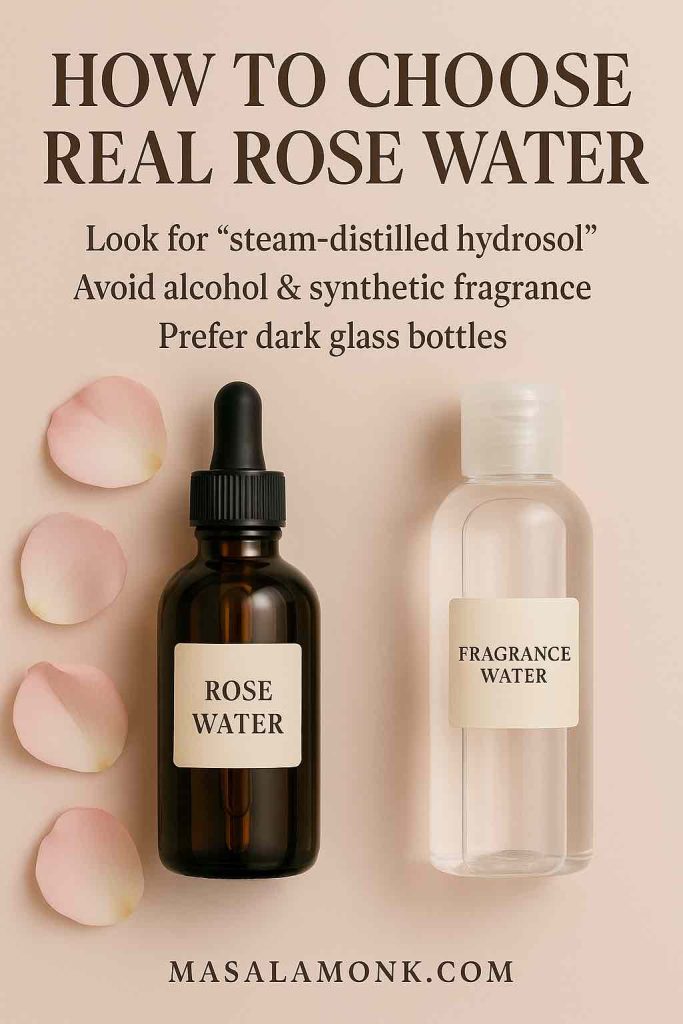
💡 Pro Buying Tips
When in doubt, apply these quick rules:
- If it’s too cheap, it’s likely fake. Real hydrosols require many rose petals, so the cost reflects the process.
- Real rose water smells soft and fades quickly. By contrast, a scent that lingers strongly is probably synthetic.
- Start small. Buy a small bottle first — hydrosols are delicate and best used fresh.
In short, choose wisely. The right rose water can transform your hair routine, while the wrong one might just be overpriced perfume water.
Beyond Hair: Rose Water as a Holistic Beauty Staple
One of the most remarkable things about rose water is its versatility. Not only is it valued for scalp and hair, but it has also been used for skin, mood, and even culinary traditions. In other words, when you add rose water to your hair routine, you’re tapping into a much larger holistic practice.
🌸 For Skin
Rose water has been a skin favorite for centuries. As a gentle toner, it balances pH, tightens pores, and reduces redness. Moreover, it is suitable for sensitive skin because it avoids the sting of alcohol-based toners.
Scientific evidence supports this. A review published in PubMed Central confirmed that rose extracts contain antioxidant and anti-inflammatory compounds. As a result, they protect skin cells from oxidative stress and improve overall resilience.
For everyday use, simply spritz your face with rose water after cleansing. And here’s a bonus: if you’re already spraying it onto your scalp, just let a little mist fall on your face — it’s effortless and effective.
🌿 For Mood and Mind
Beyond the skin, rose water also influences the nervous system. Historically, Persian and Islamic medicine recommended rose water for easing headaches, reducing stress, and even improving sleep.
For instance, Avicenna praised it in his Canon of Medicine as a remedy that “comforts the heart and strengthens the brain.” Modern research now validates this, showing that rose aroma lowers cortisol levels and reduces anxiety NCBI.
Therefore, every time you spritz rose water on your hair, you’re not just refreshing your scalp — you’re also creating a calming micro-ritual that benefits the mind.
🌺 A Ritual of Self-Care
Beauty has never been about appearance alone; it has always been about ritual. Applying rose water connects you to centuries of practice — queens perfuming their hair, healers prescribing Arq-e-Gulab, and families pouring gulab jal on children during hot summers.
Even today, a rose water rinse after a stressful day or a cooling mist before stepping outside is more than beauty care — it’s self-care. Thus, rose water is as much about how it makes you feel as it is about how it makes your hair look. Other nourishing remedies like almonds for hair also complement rose water beautifully.
Conclusion: A Timeless Ritual for Modern Haircare
Rose water is not a miracle potion that makes hair sprout overnight. However, it is far more than just scented water. Its presence in Ayurveda, Unani, and Persian medicine shows that it has long been valued as a scalp soother, refresher, and beautifier. Moreover, modern research now supports those traditions by revealing that rose compounds calm inflammation, fight oxidative stress, and create a healthier scalp environment.
For you, this means rose water is an easy, affordable, and gentle way to upgrade your routine. On the one hand, it won’t replace dermatologist-approved treatments for severe hair loss. On the other hand, it can calm irritation, add shine, and help you feel more refreshed — all of which indirectly support stronger hair.
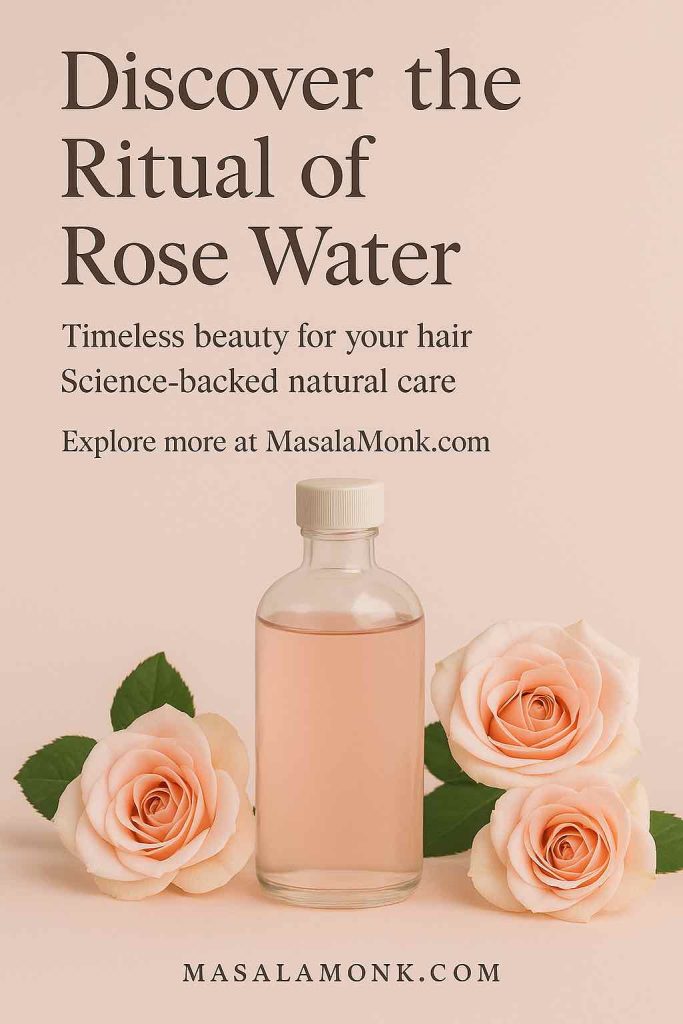
How you use it is flexible:
- As a rinse after shampooing.
- As a spray between wash days.
- As a base in DIY masks.
- Or as a scalp refresher for braids, locs, and sisterlocks.
In addition, rose water offers benefits that go beyond hair. It tones skin, balances pH, and even uplifts mood thanks to its calming aroma. Therefore, when you keep a bottle in your bathroom or your bag, you’re carrying both a beauty tool and a wellness ally.
At its heart, rose water is more than a product — it’s a ritual. By using it today, you’re connecting to centuries of tradition while embracing modern science. As a result, your hair, your skin, and even your mind can all share in the same gentle refreshment.
So next time your scalp feels tired, your strands need softness, or you simply crave a floral pause in your day, reach for rose water. Chances are, your body and your spirit will thank you. 🌹✨
Frequently Asked Questions About Rose Water for Hair
1. Is rose water good for hair?
Yes — rose water is good for hair because it calms the scalp, adds softness, and leaves a light fragrance. On the one hand, traditional systems like Ayurveda and Unani praised it for cooling and soothing the head. On the other hand, modern science shows its antioxidants reduce irritation and protect scalp health. Therefore, while it won’t magically make hair grow overnight, it is a safe, gentle way to keep your scalp balanced and your strands refreshed.
2. What are the benefits of rose water for hair?
The benefits of rose water for hair include reduced scalp irritation, softer strands, less frizz, and a healthy shine. In addition, its antioxidants help protect follicles from oxidative stress, which is linked to hair fall. Moreover, many people enjoy the calming scent, which lowers stress — another factor tied to shedding. As a result, rose water works on both body and mind, making it one of the most versatile natural hair tonics.
3. Does rose water help with hair growth?
Rose water may support hair growth, but indirectly. For example, animal studies show that rose extracts stimulate growth factors like VEGF and IGF-1, which improve circulation to follicles. At the same time, they reduce IL-6, an inflammatory molecule that can block growth. However, no human trial has directly tested rose water hydrosol for hair growth. Therefore, while rose water for hair growth is not a miracle cure, it can still create healthier scalp conditions where growth is more likely.
4. How do you use rose water on hair?
There are many ways to use rose water on hair. For instance, you can pour it as a final rinse after shampooing, spray it on the scalp between washes, or mix it with aloe vera for a DIY leave-in conditioner. In addition, you can blend rose water with honey or rice water to create hydrating masks. As a result, it works for all hair types — from fine, straight strands to natural curls, braids, and locs.
5. Can rose water reduce dandruff or itchy scalp?
Yes, rose water can help reduce dandruff and itchy scalp by calming irritation. Because it carries natural anti-inflammatory properties, it soothes redness and balances oil. Moreover, when mixed with tea tree oil in a scalp spray, rose water may provide extra relief from flakes. Therefore, while it won’t replace medicated dandruff shampoos for severe cases, it can be a gentle, everyday way to keep your scalp comfortable.
6. Does rose water stop hair fall or hair loss?
Rose water may not stop hair loss completely, but it can reduce everyday hair fall. Since oxidative stress and scalp inflammation are common triggers for shedding, the antioxidants in rose water offer subtle protection. On the other hand, if your hair loss is due to genetics, hormones, or medical conditions, rose water alone will not reverse it. In such cases, it is best used alongside dermatologist-recommended treatments.
7. Is rose water good for braids, locs, or sisterlocks?
Absolutely — rose water is good for locs, braids, and sisterlocks because it hydrates without leaving residue. In fact, many natural-hair brands sell rose water sprays specifically for locs and protective styles. Moreover, a quick spritz helps refresh the scalp, reduce tightness, and keep hair smelling fresh between washes. Therefore, it’s a must-have for anyone with protective styles.
8. Which rose water is best for hair?
The best rose water for hair is pure, steam-distilled hydrosol made from Rosa damascena or similar varieties. Organic rose water is especially recommended because roses are often grown with pesticides. Moreover, dark glass bottles are better since they protect delicate compounds from light. By contrast, avoid products that list “fragrance” or alcohol, as they can dry out your scalp. In short, the best rose water is simple, natural, and authentic.
9. Is DIY rose water safe for hair?
DIY rose water for hair can be safe, but only if used fresh. Because homemade rose water spoils quickly, you should always refrigerate it and use within 7–10 days. Moreover, discard it if it smells sour or looks cloudy. By comparison, store-bought distilled hydrosols are safer for long-term use because they last longer and remain stable. Therefore, while DIY feels traditional, pure bottled rose water is usually the better choice for consistency.

